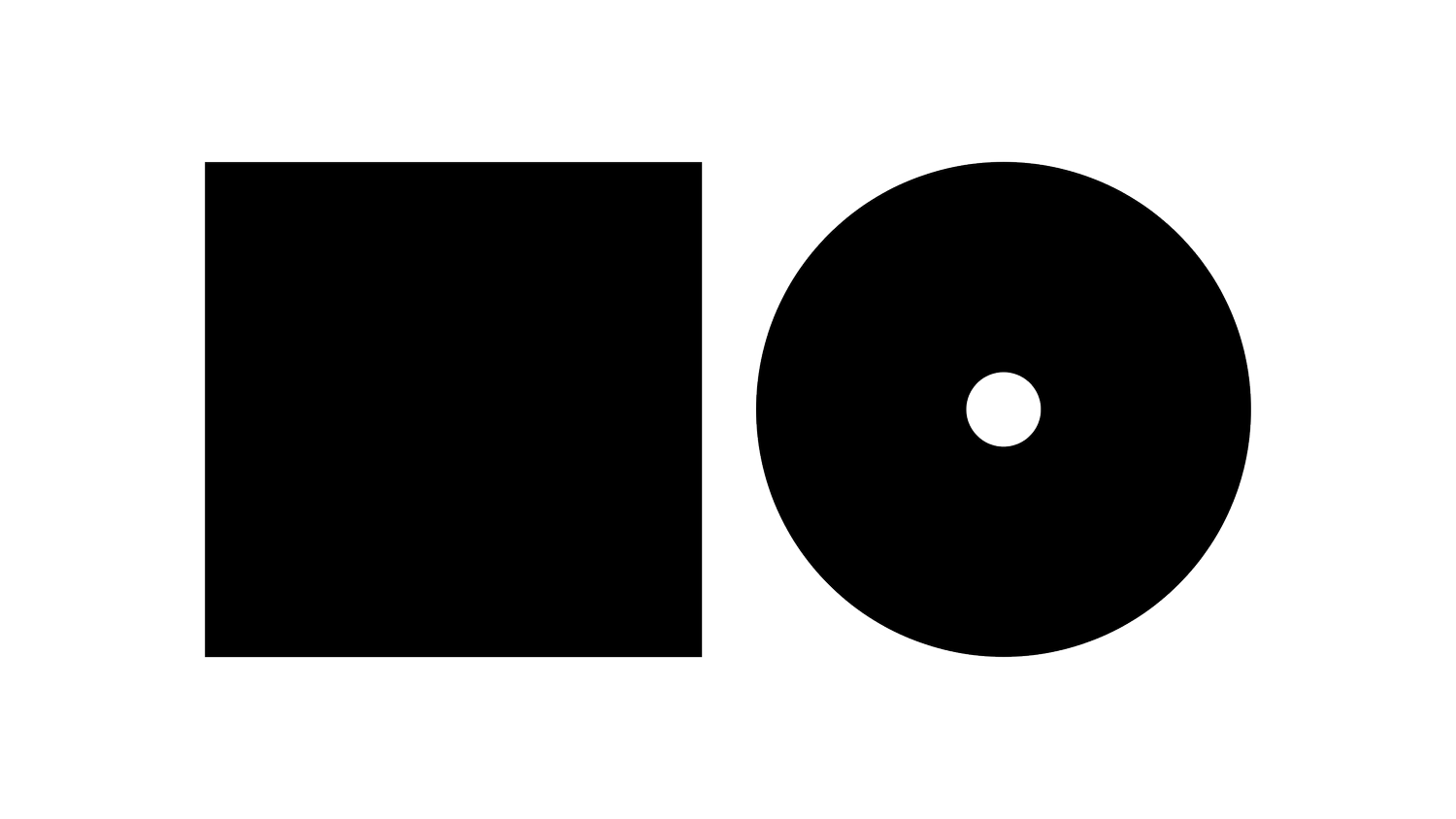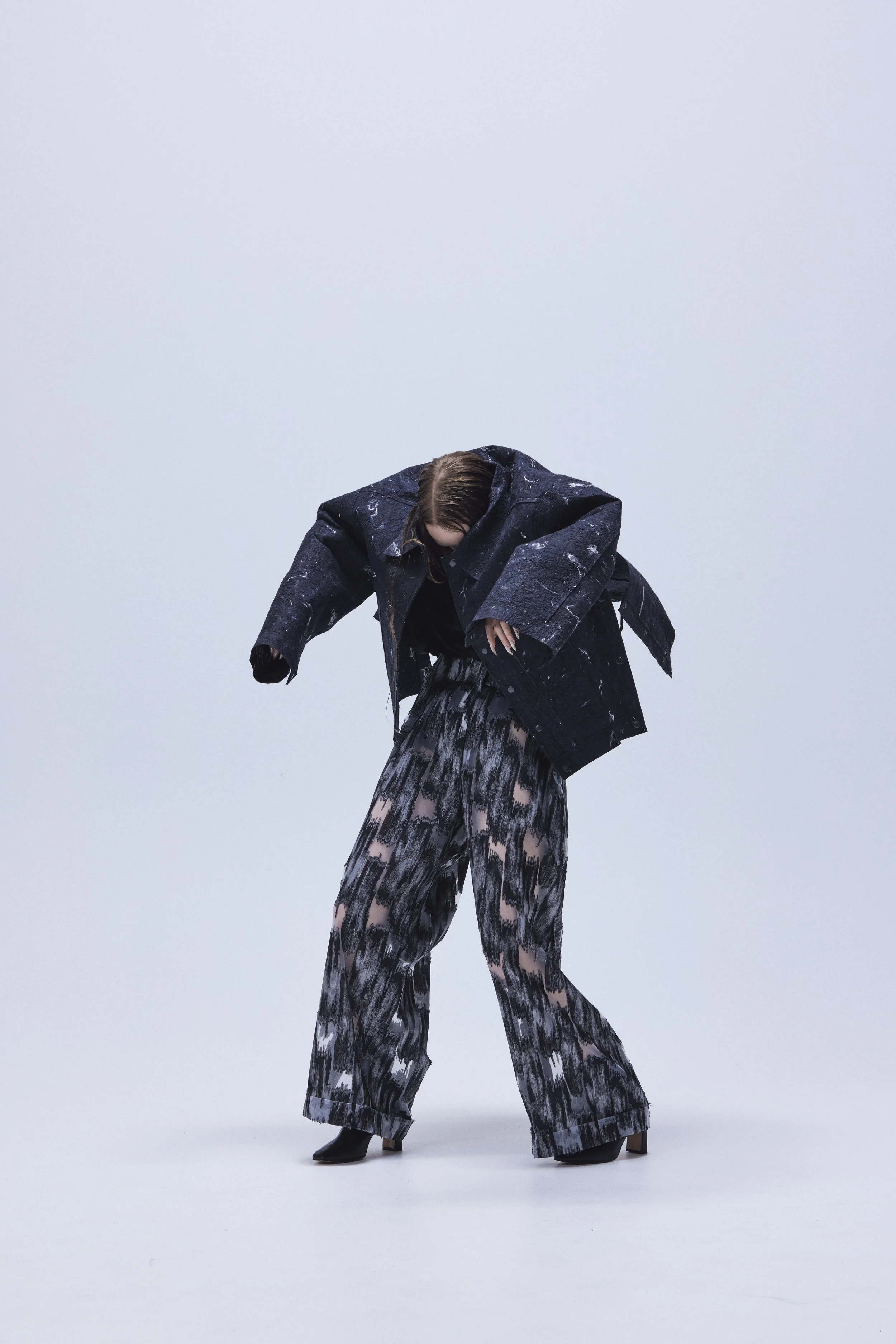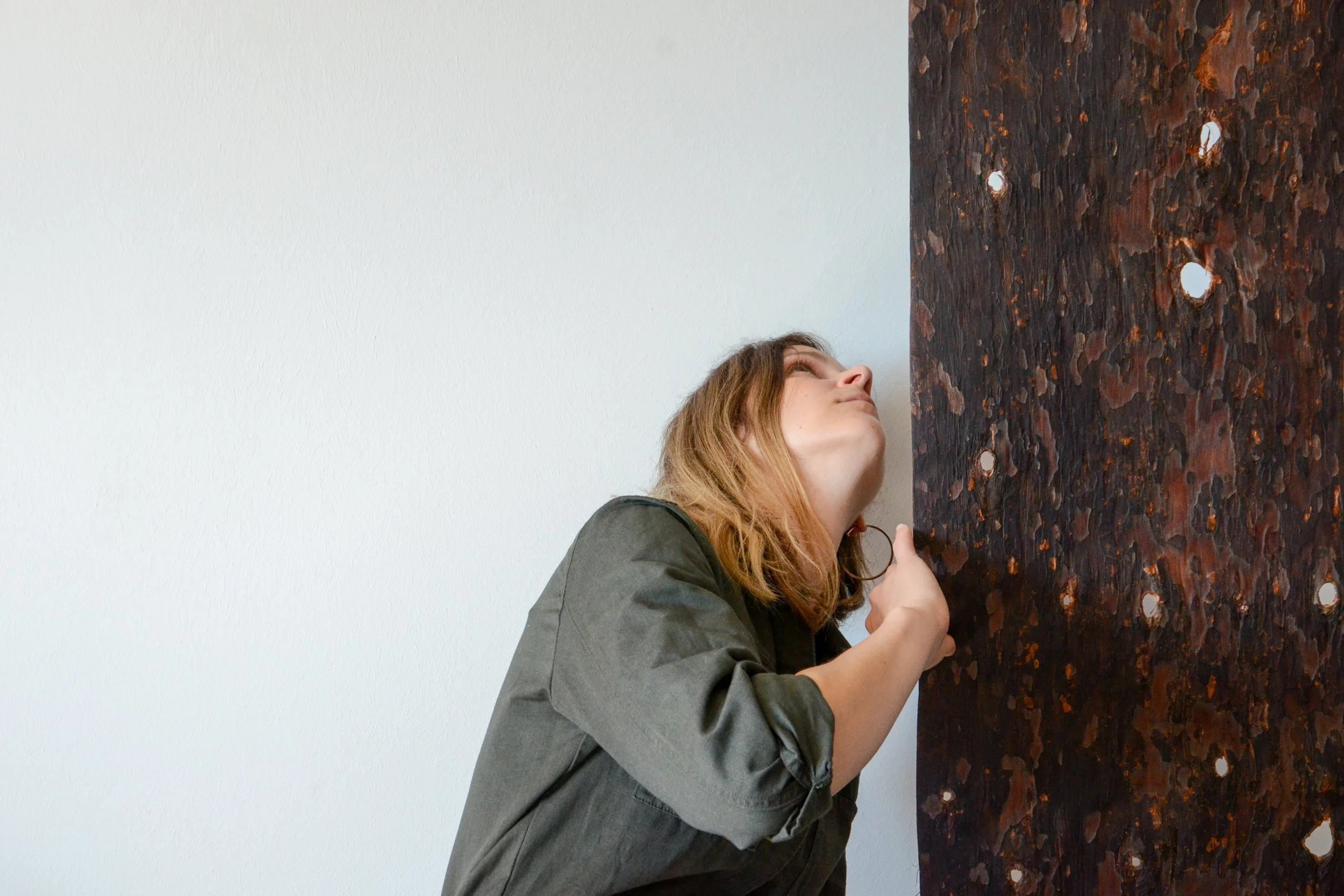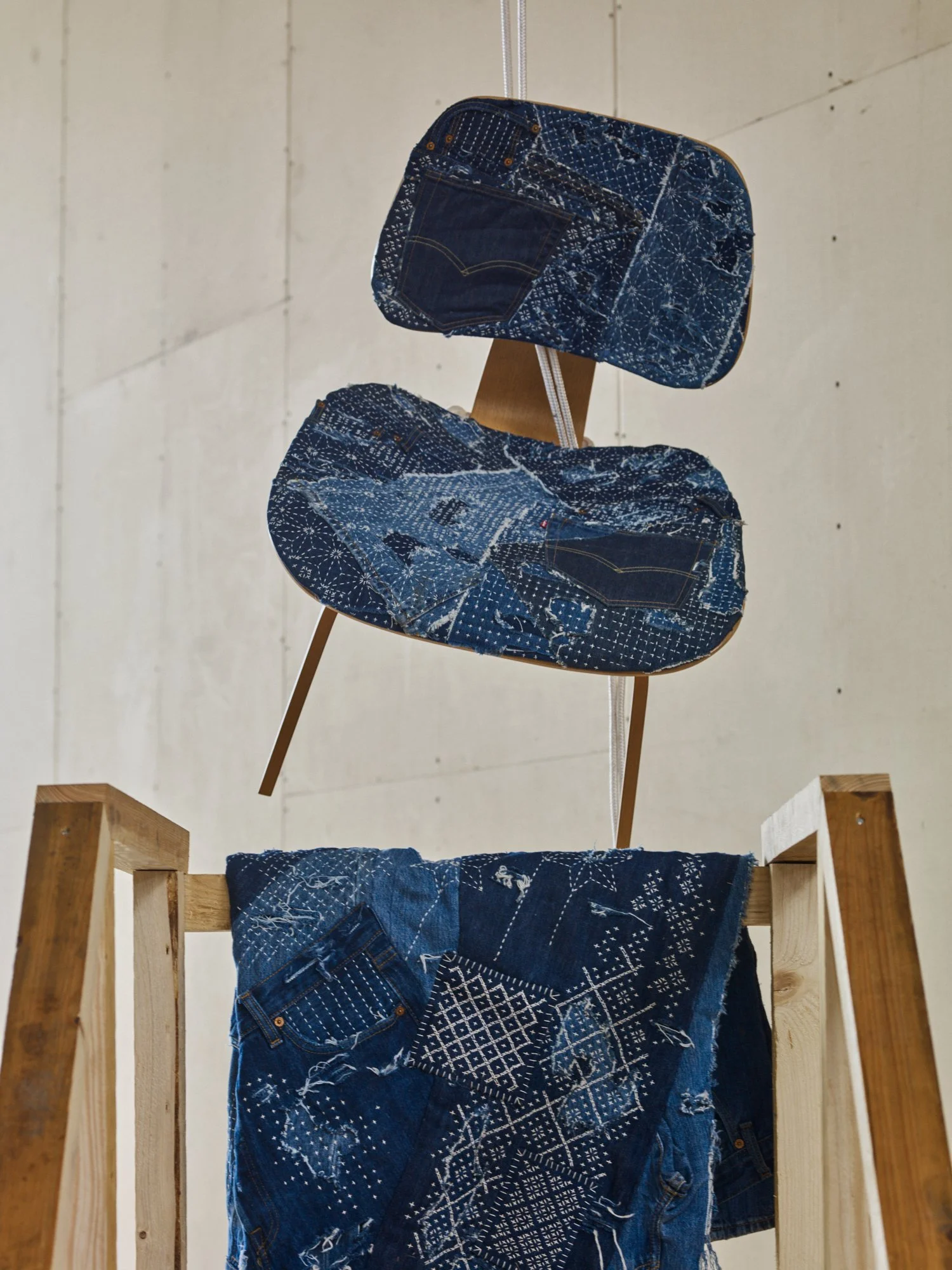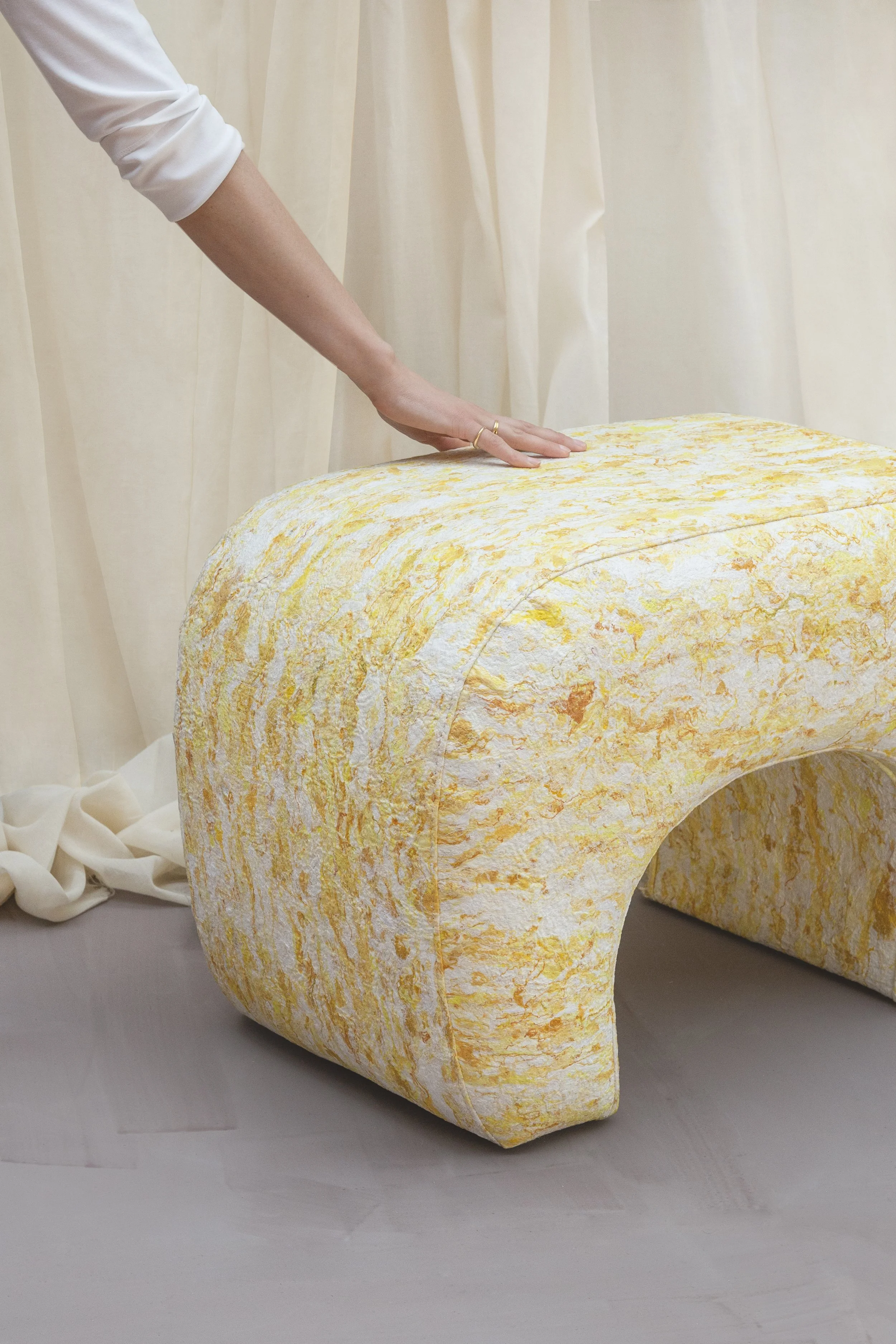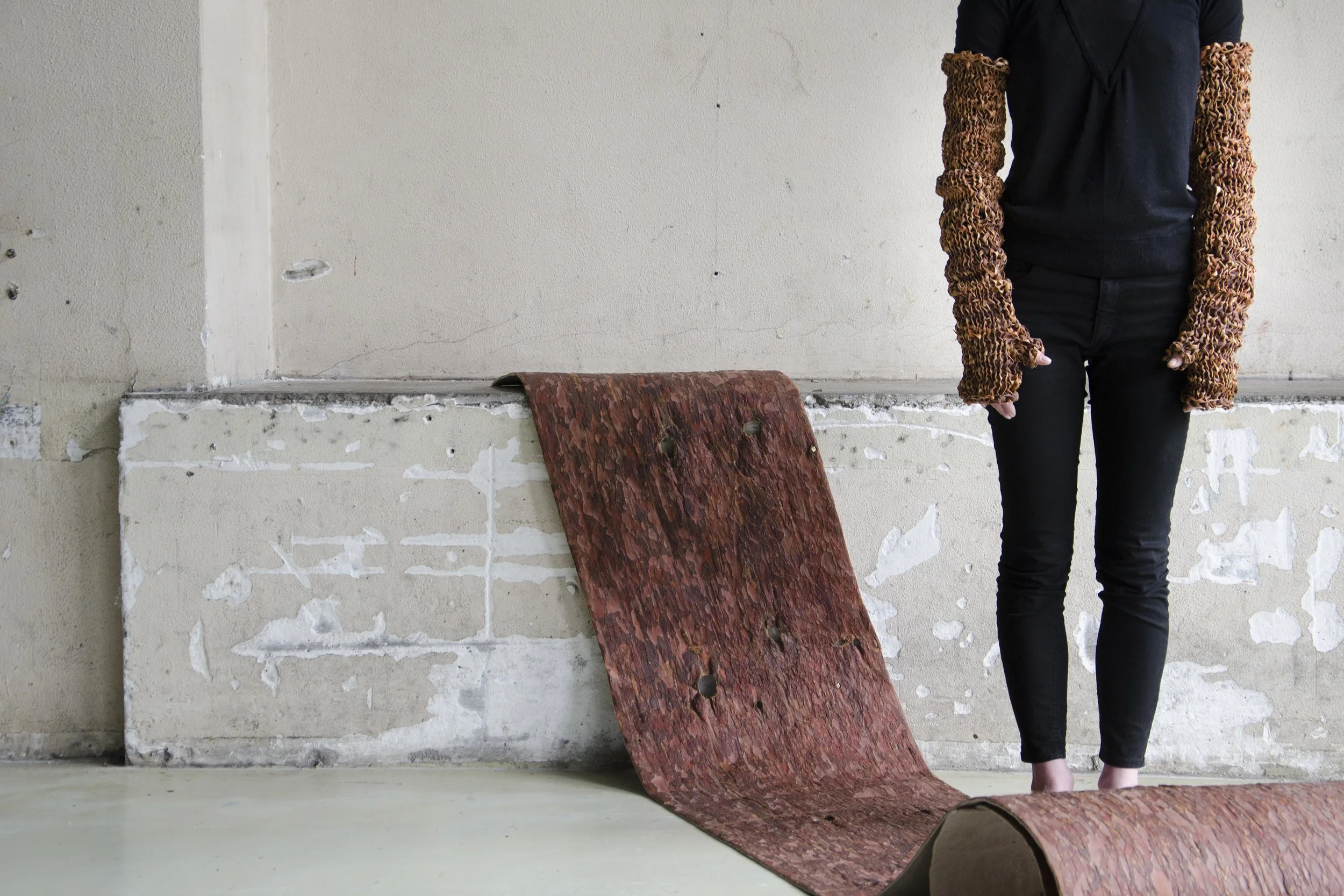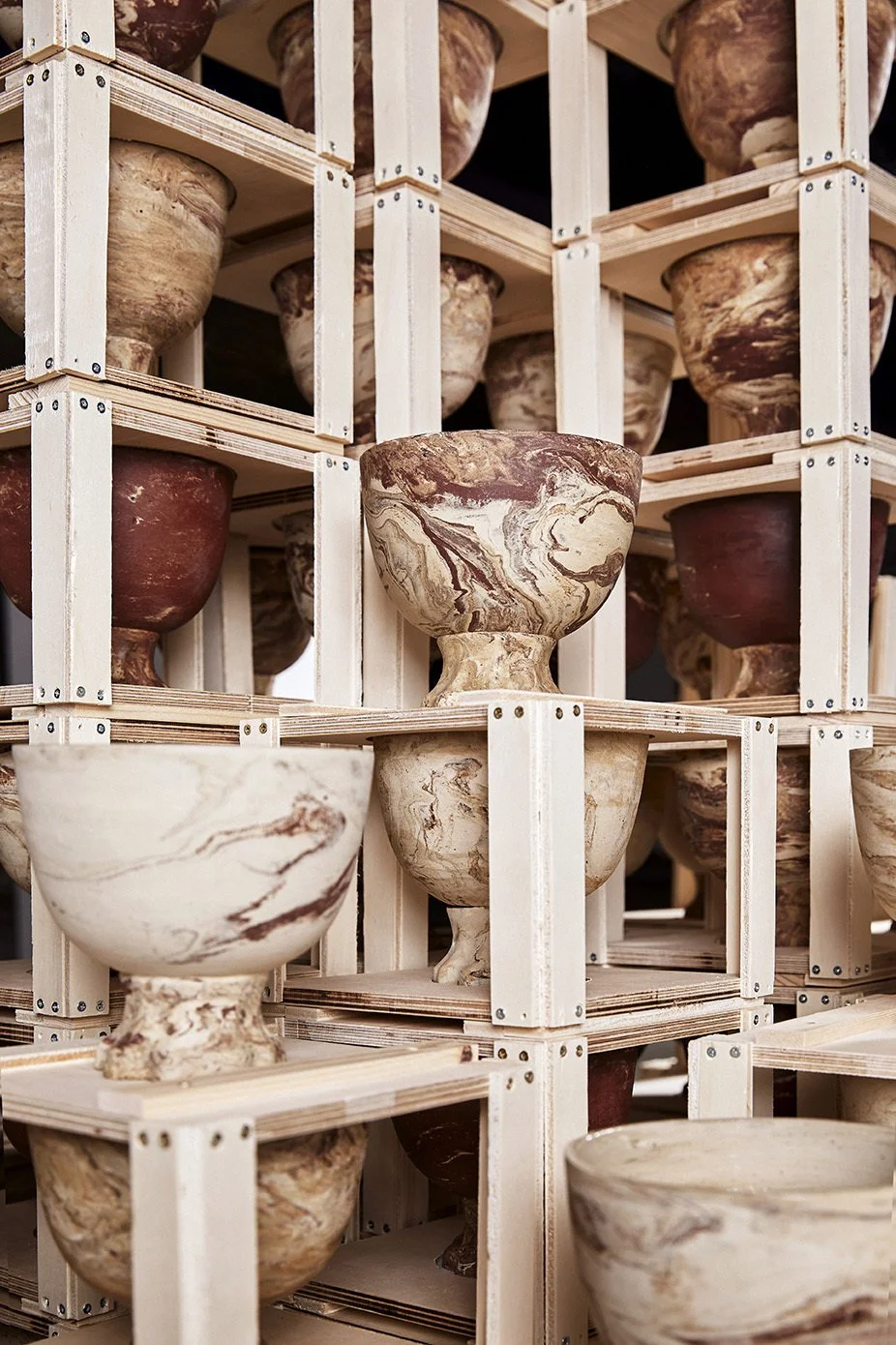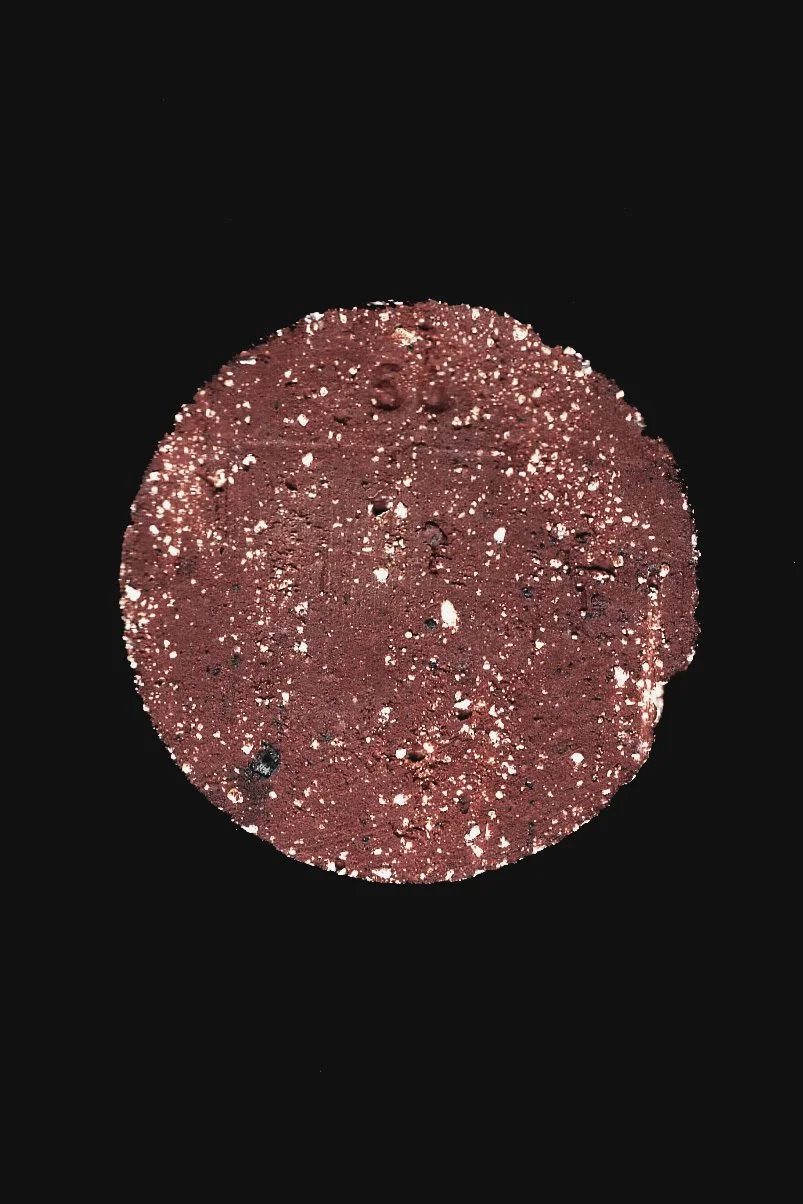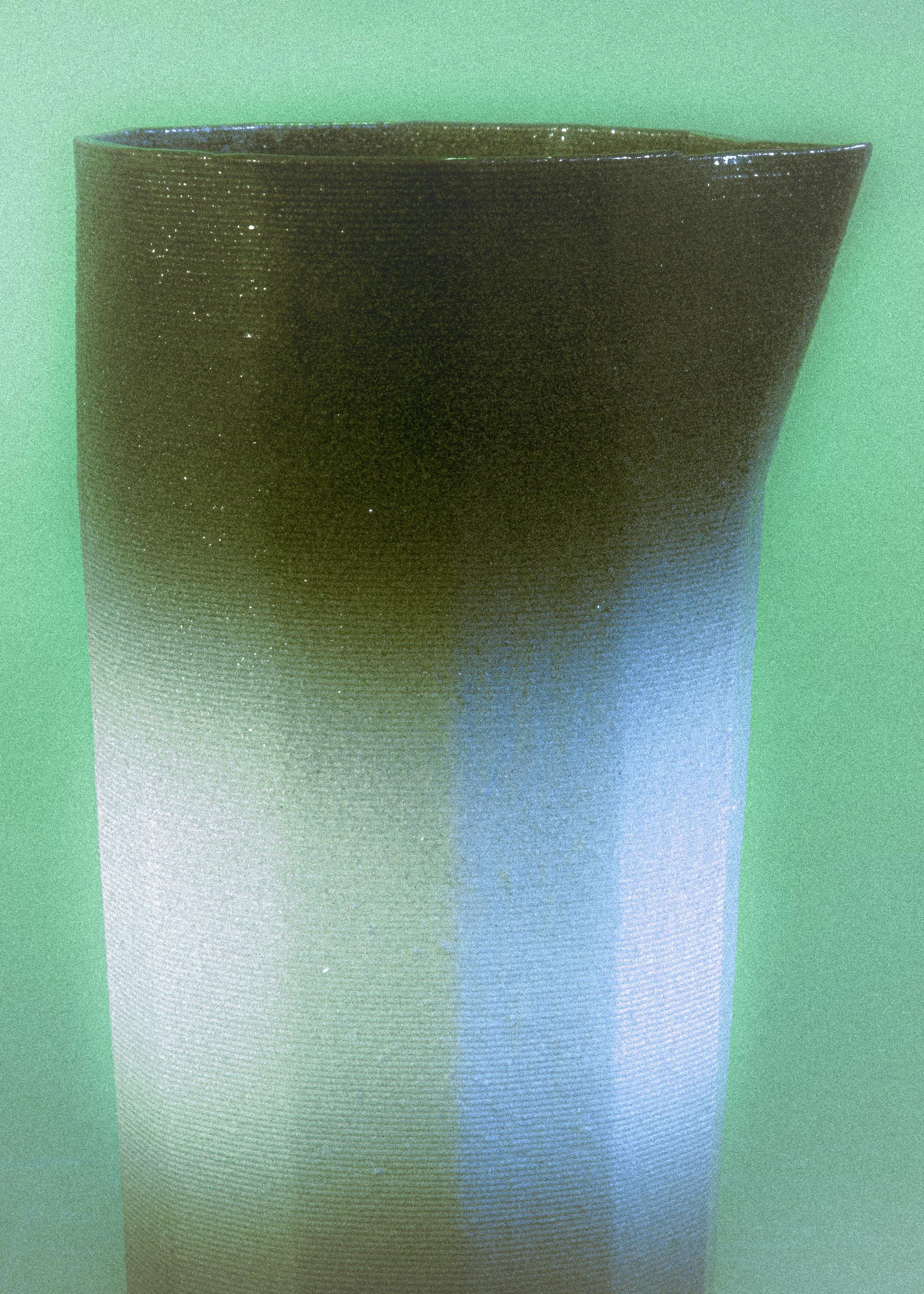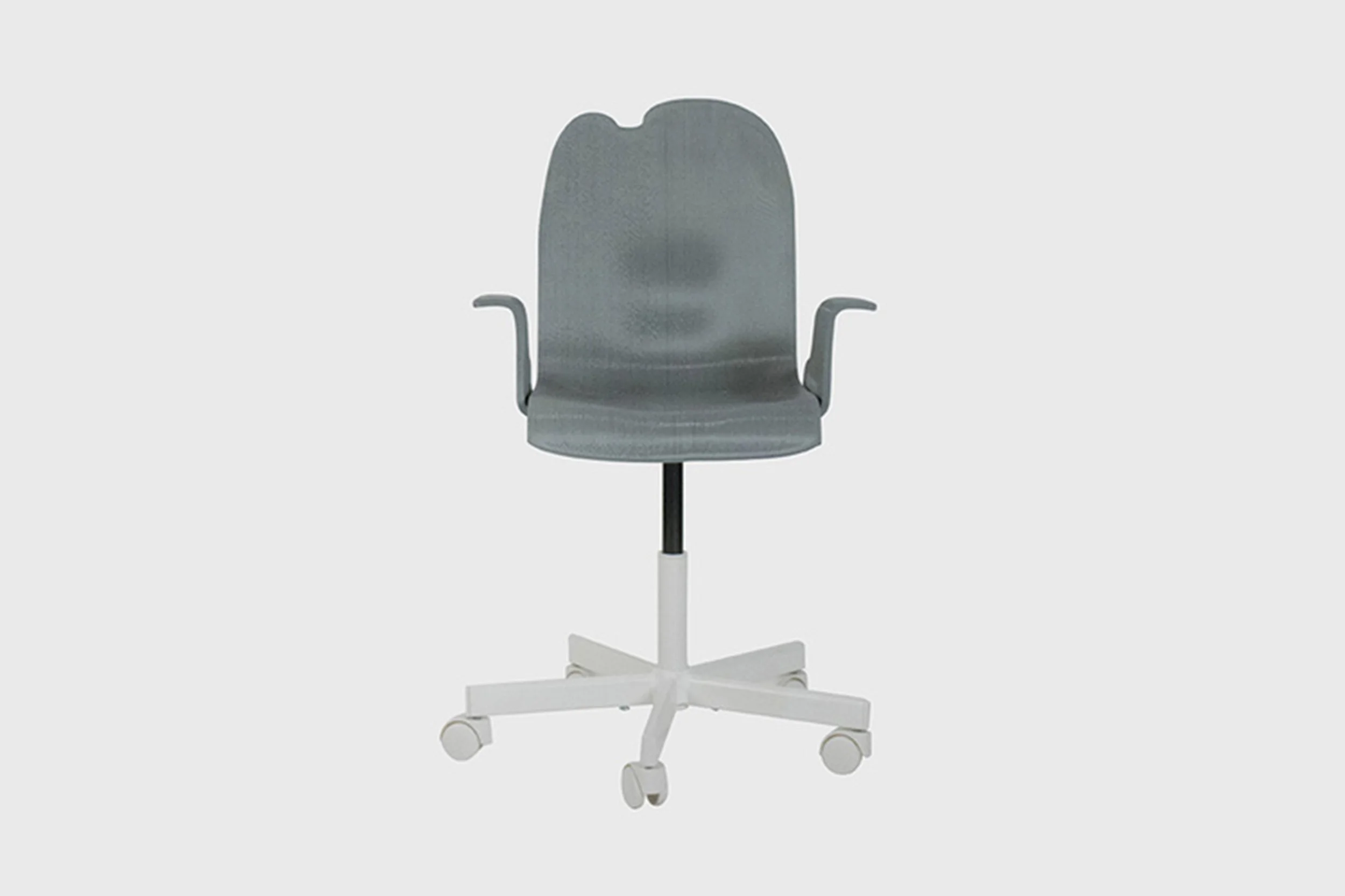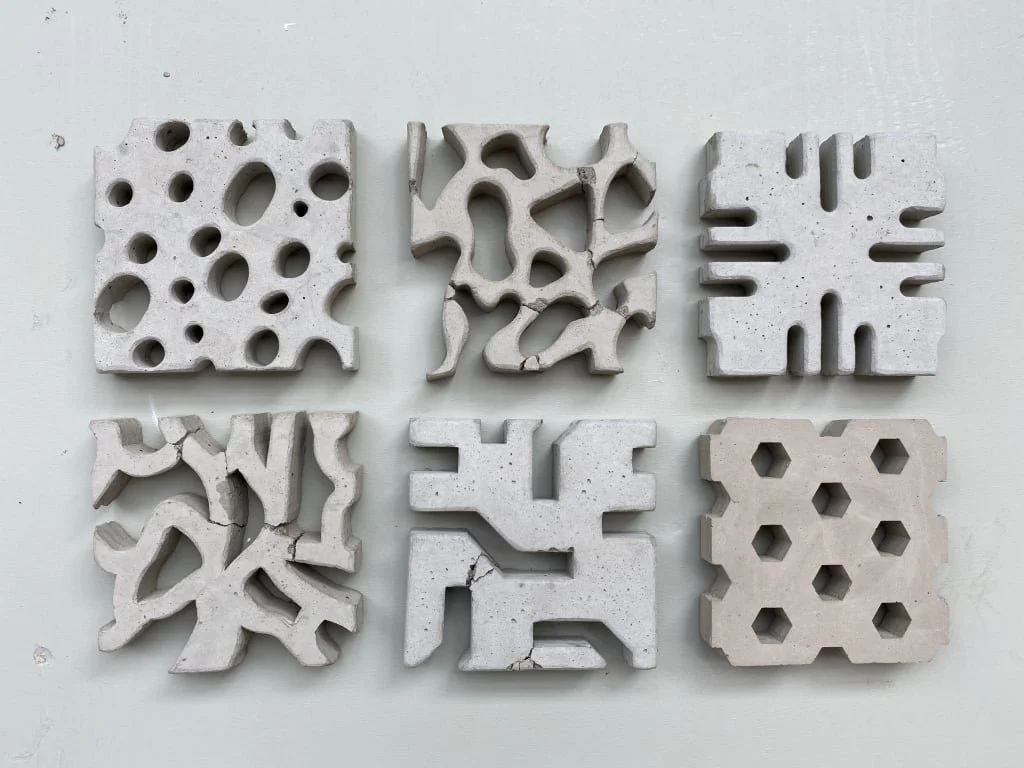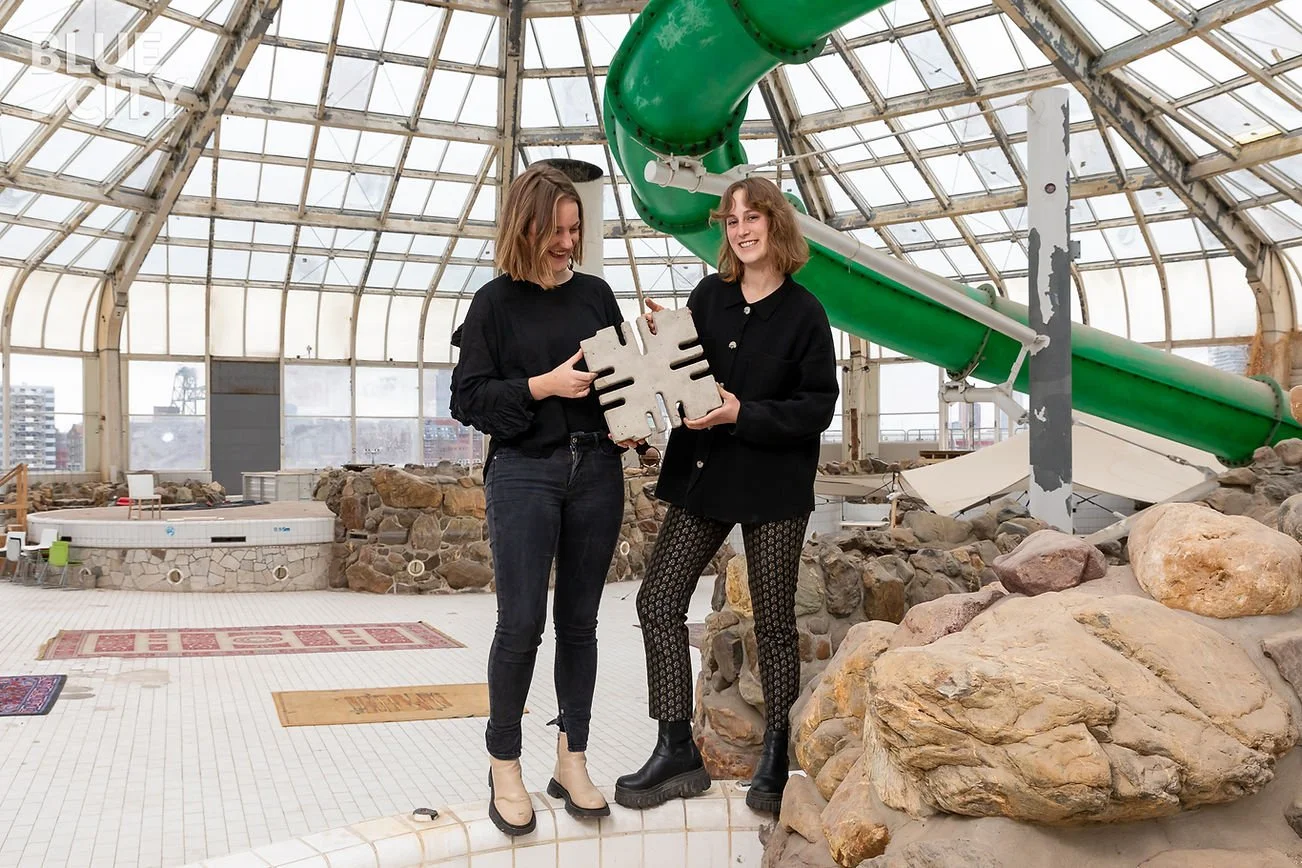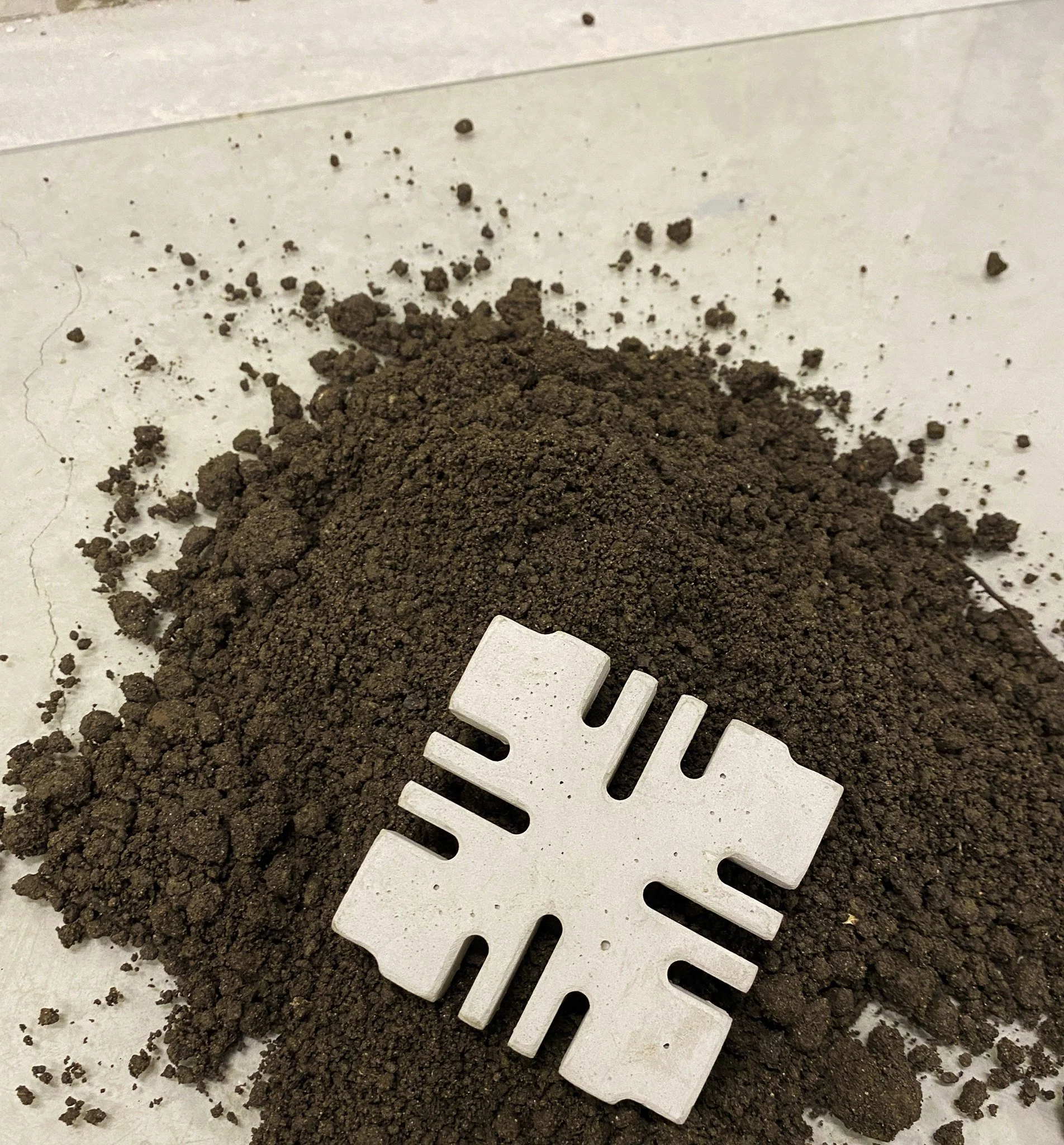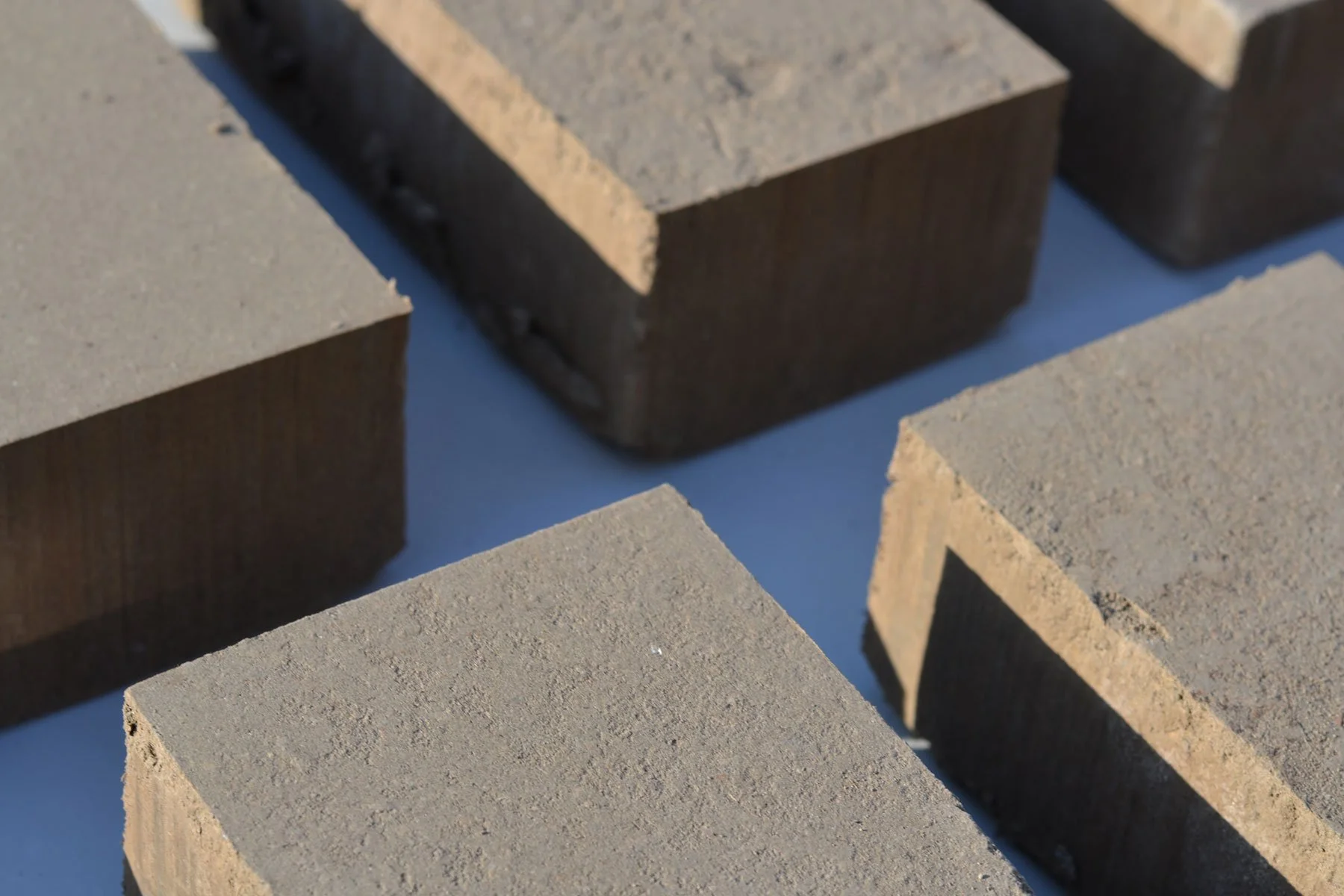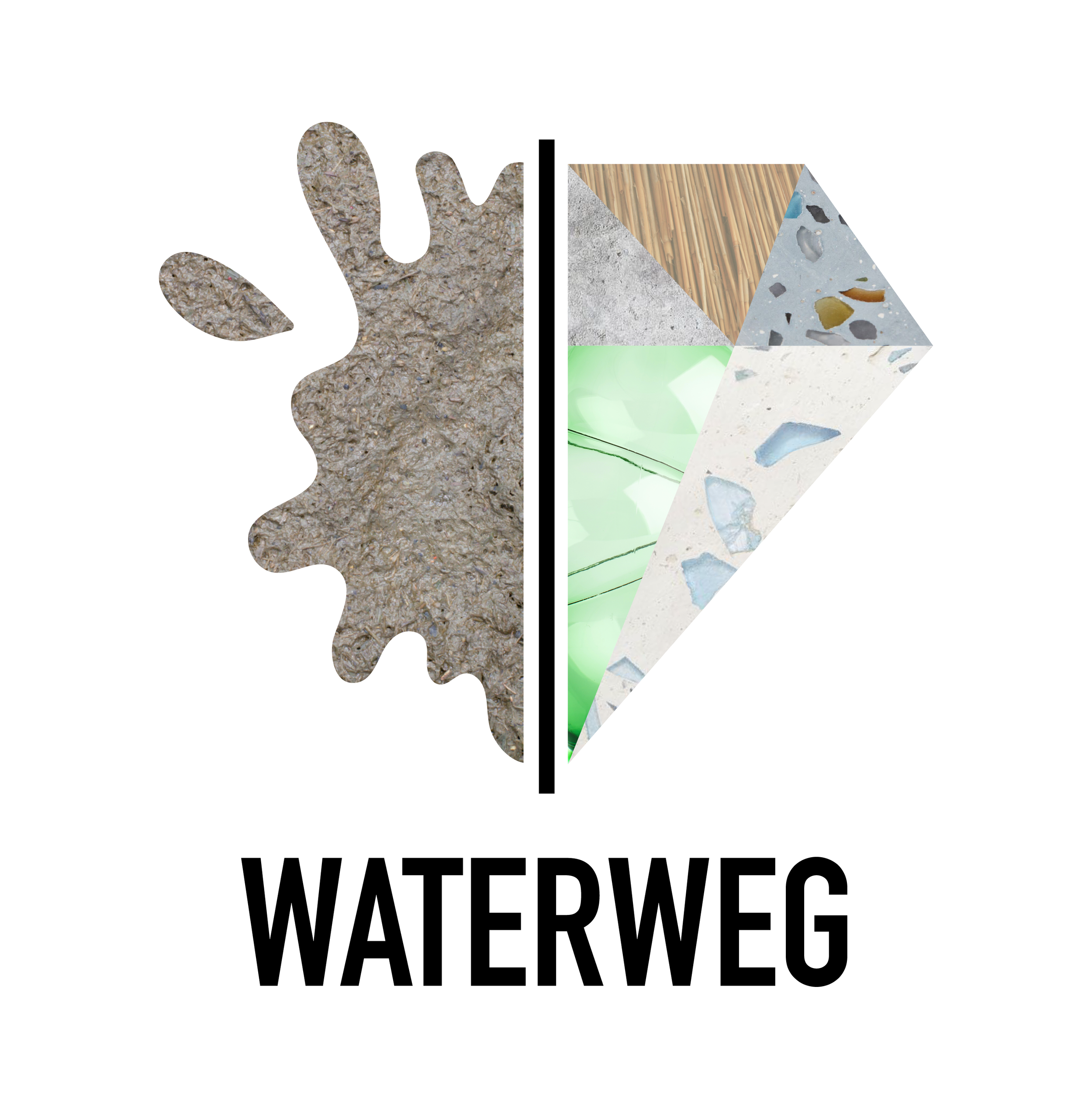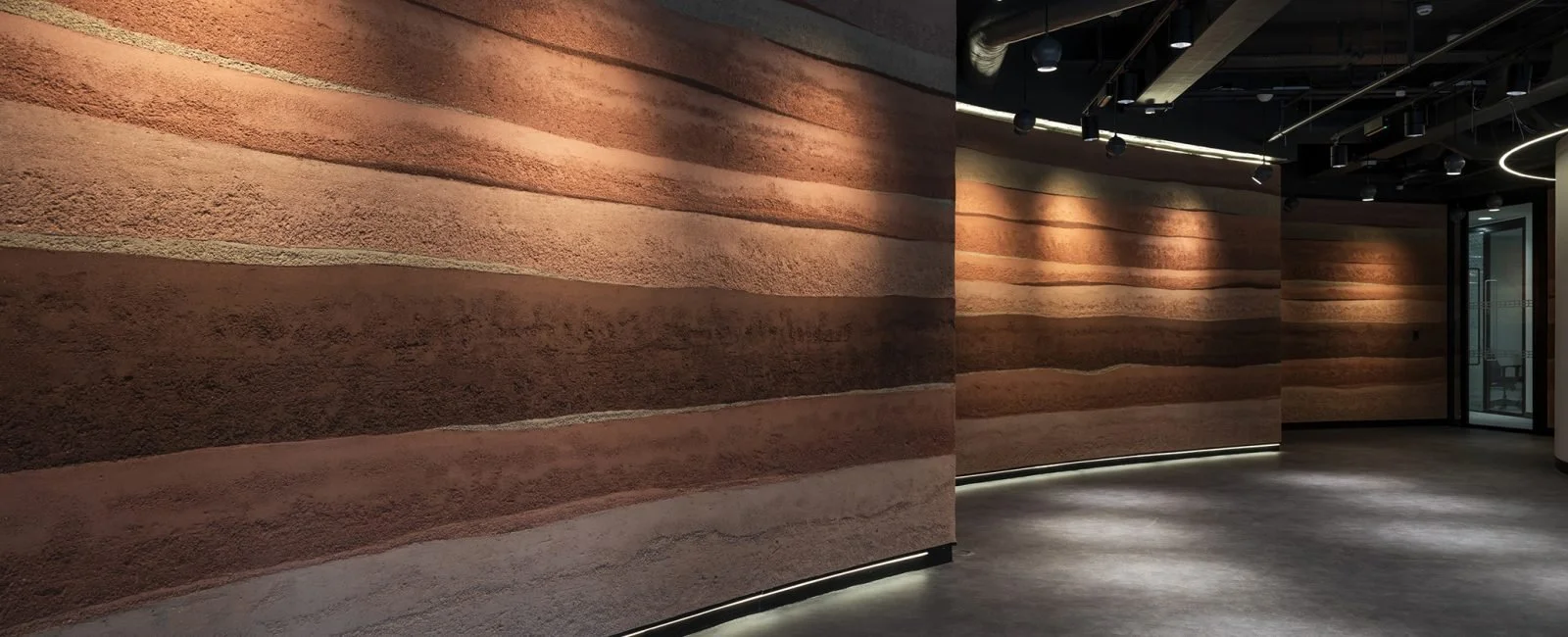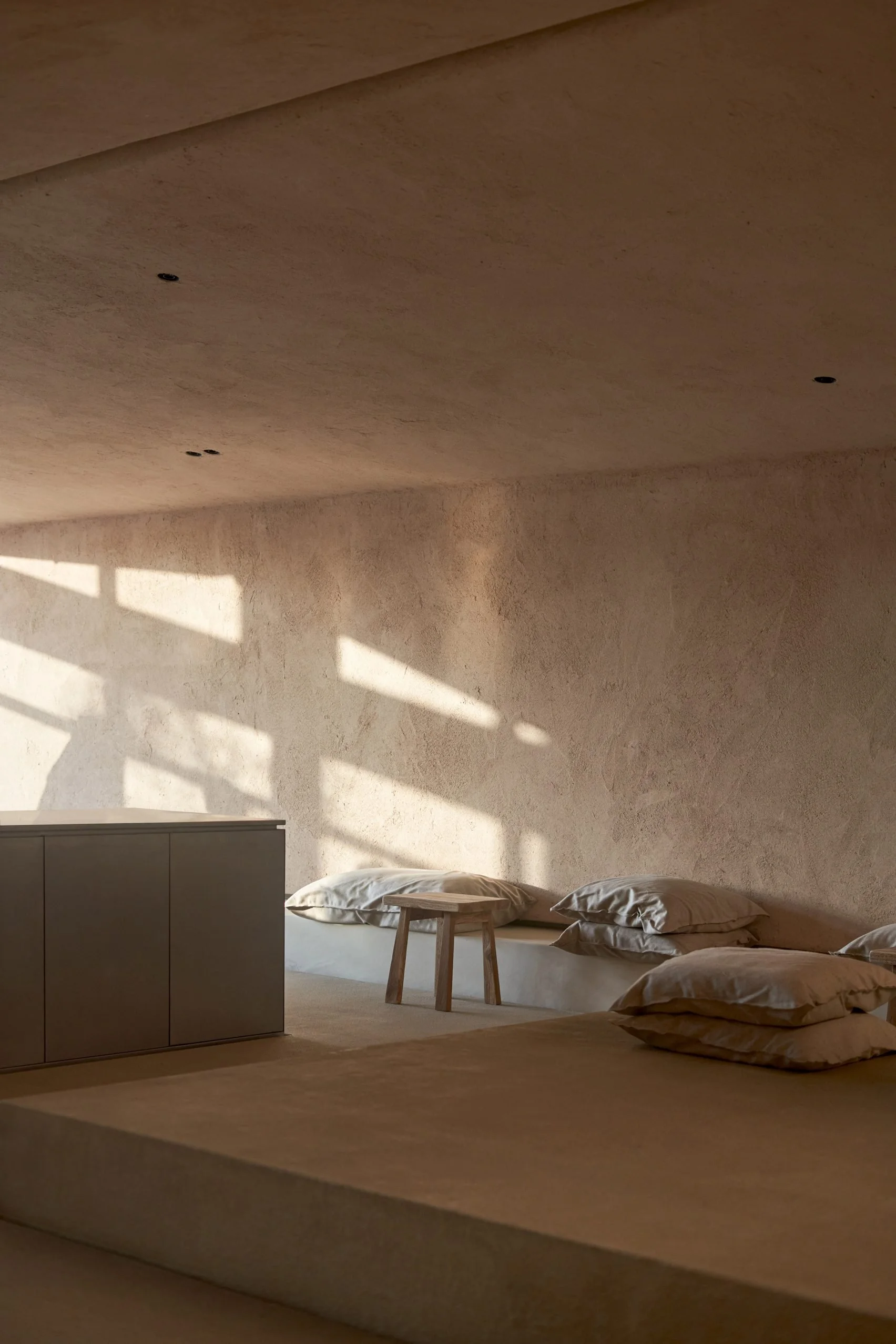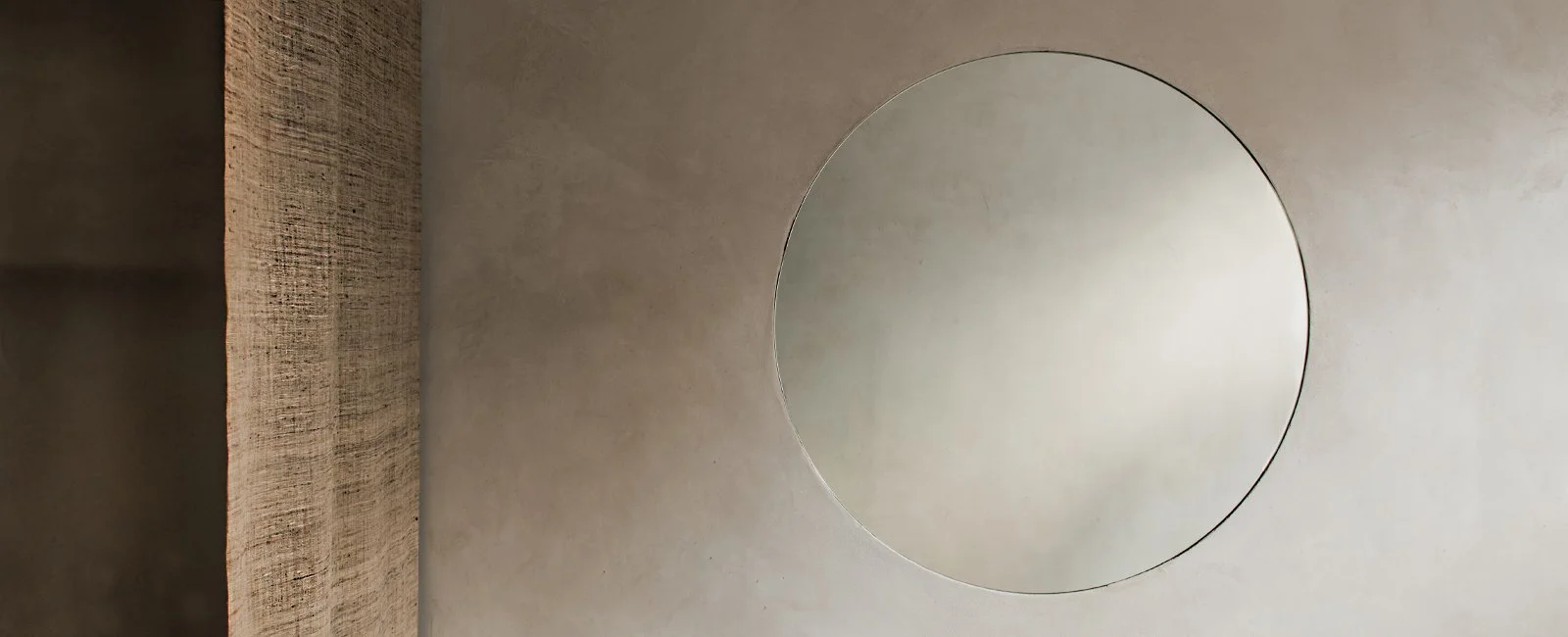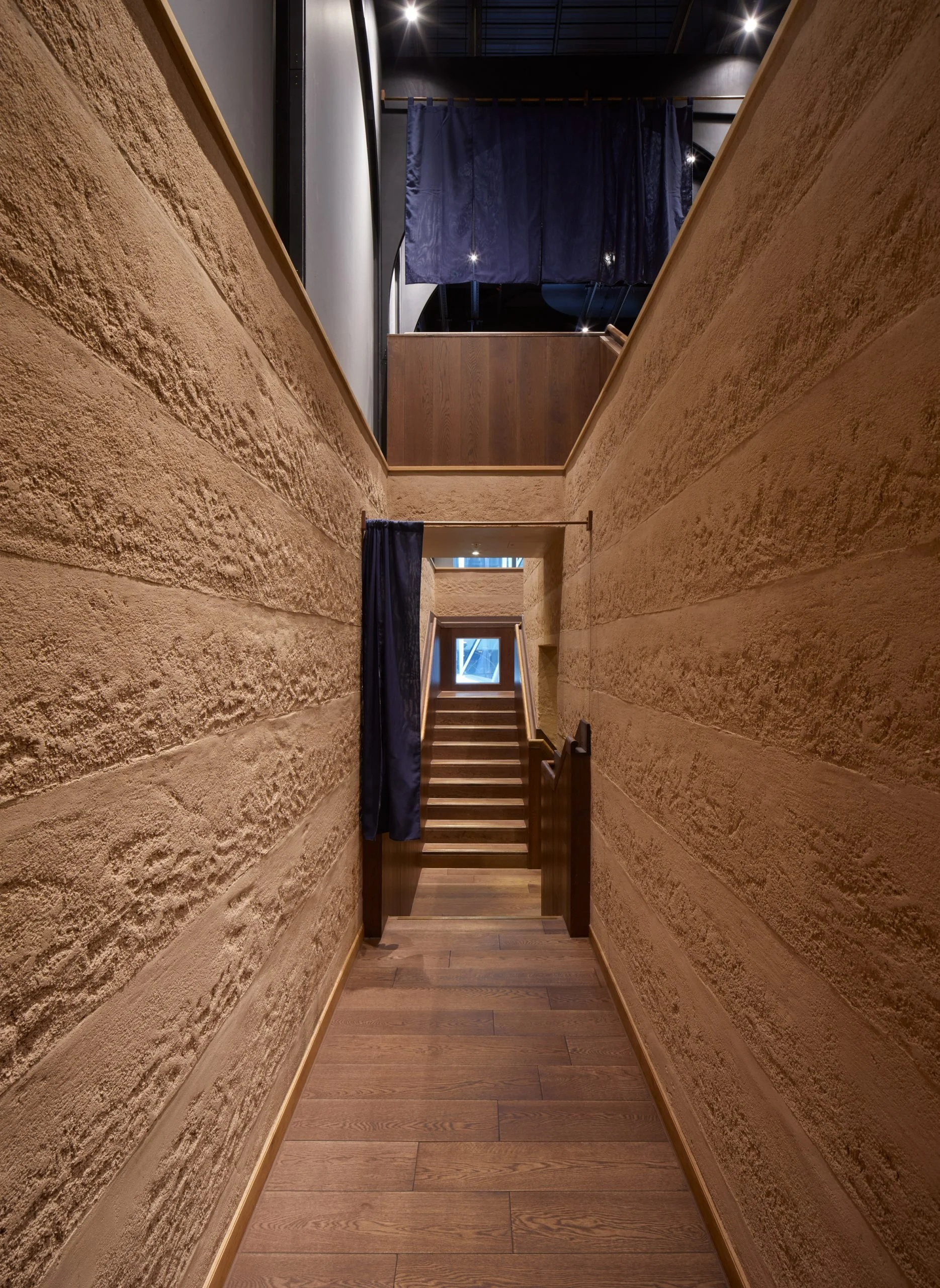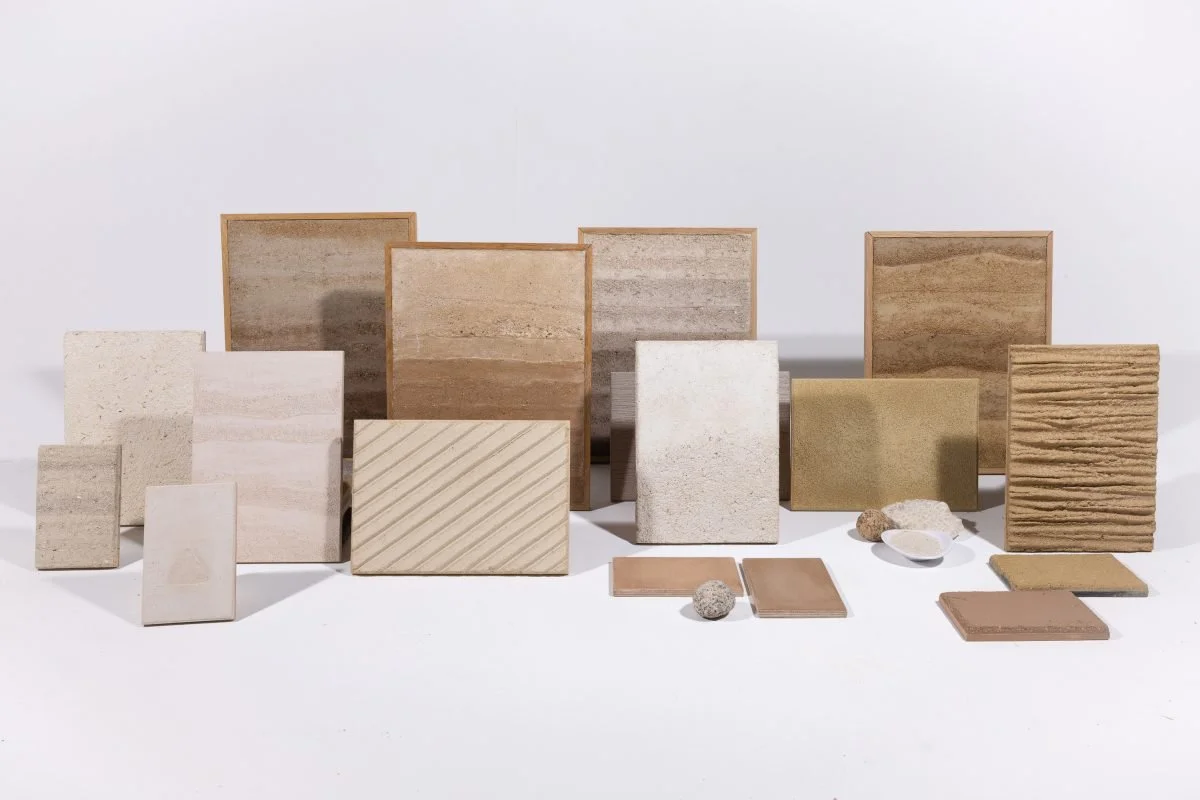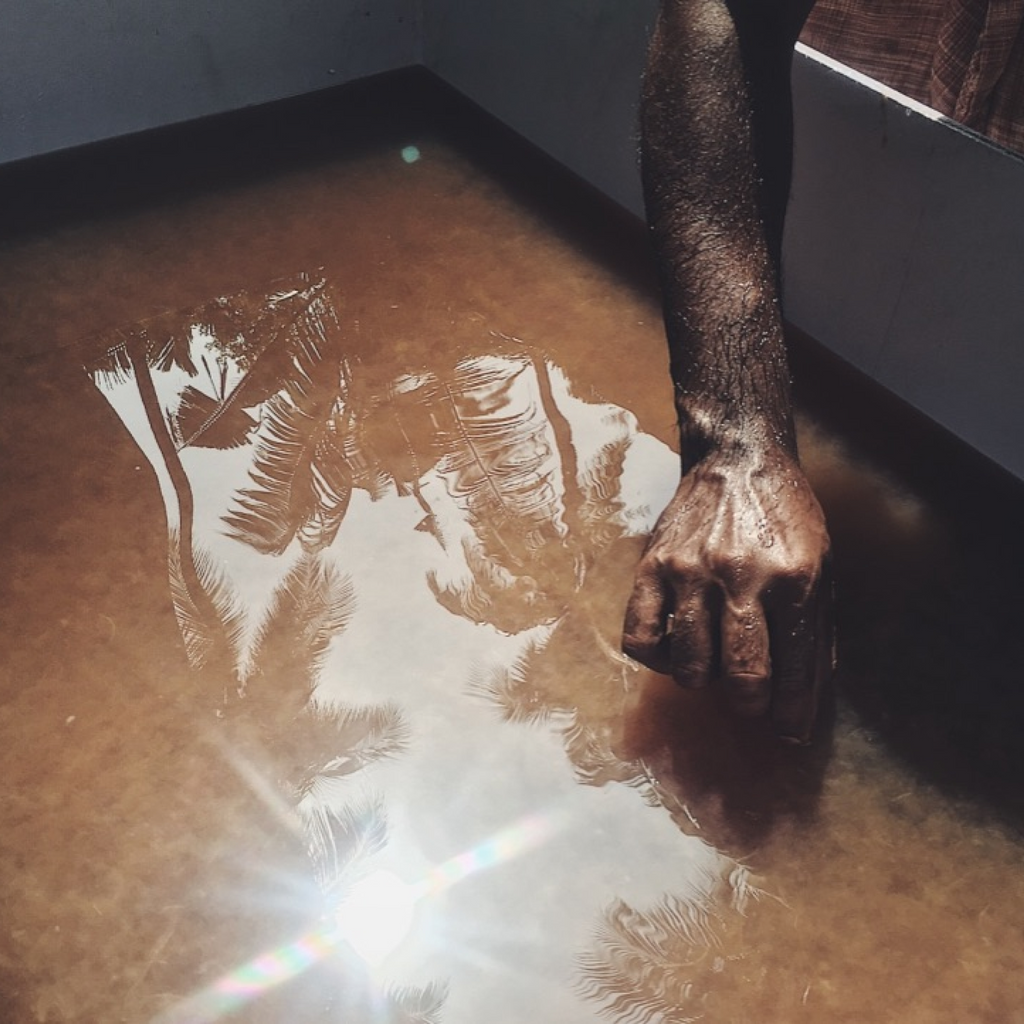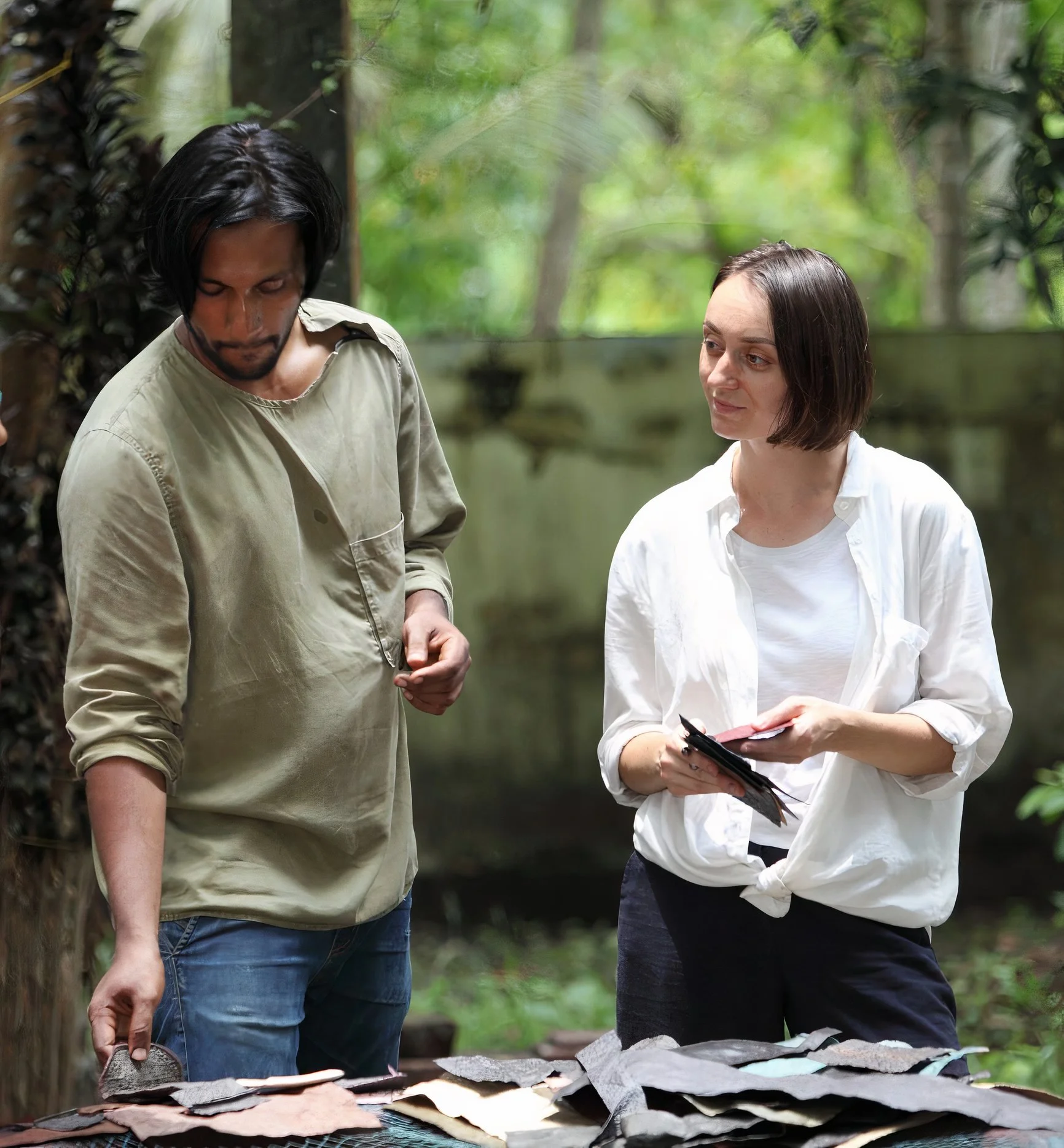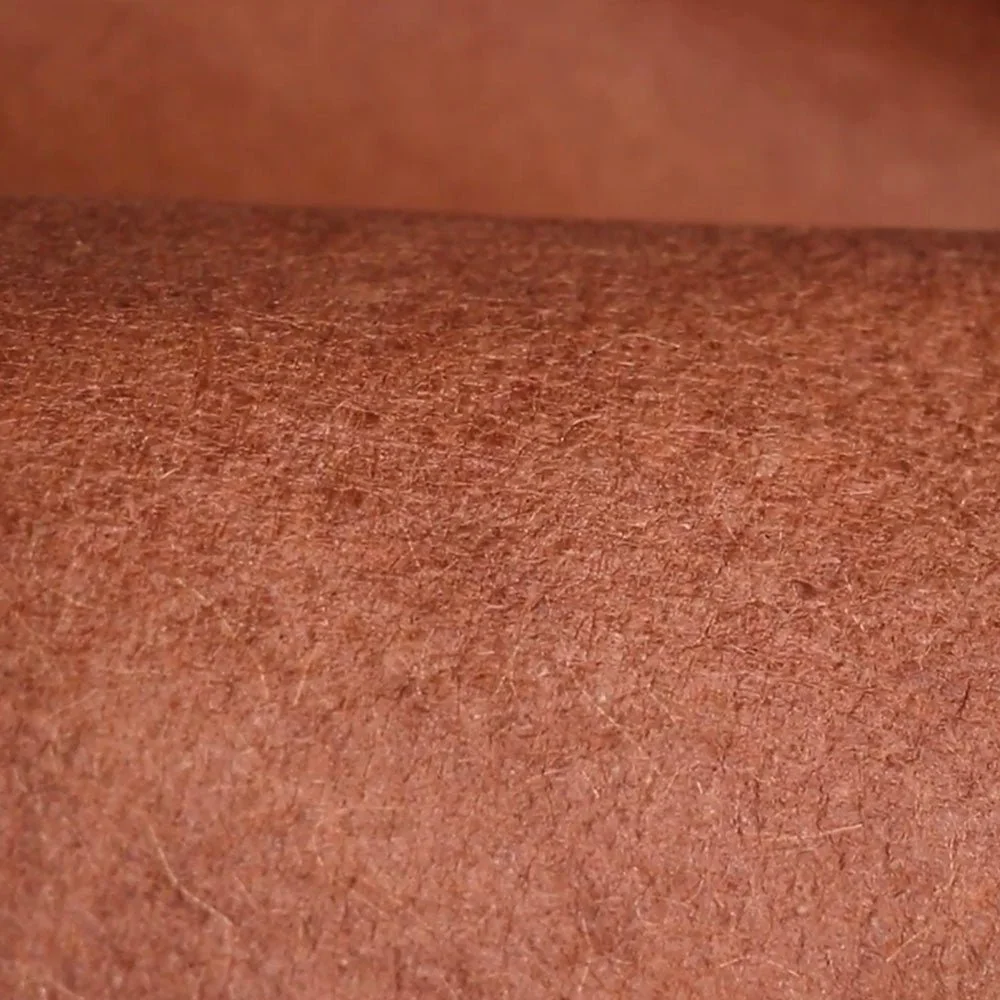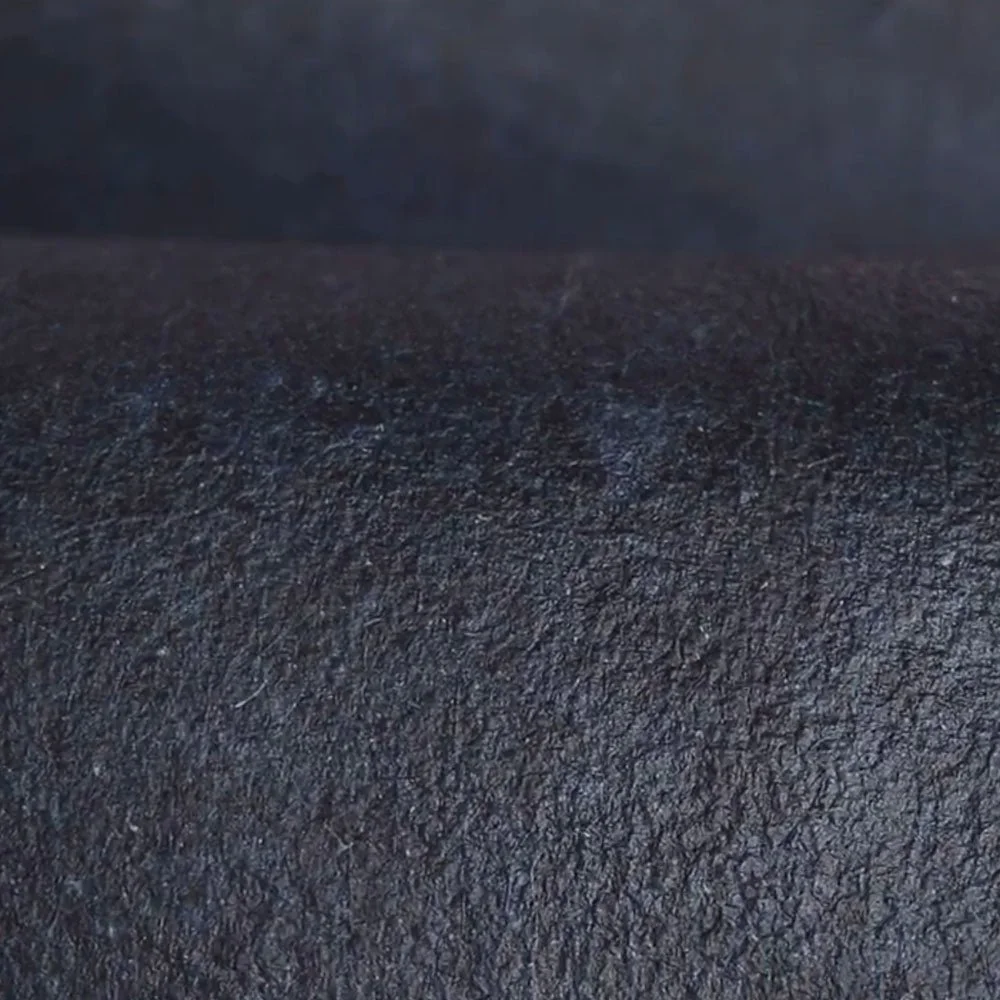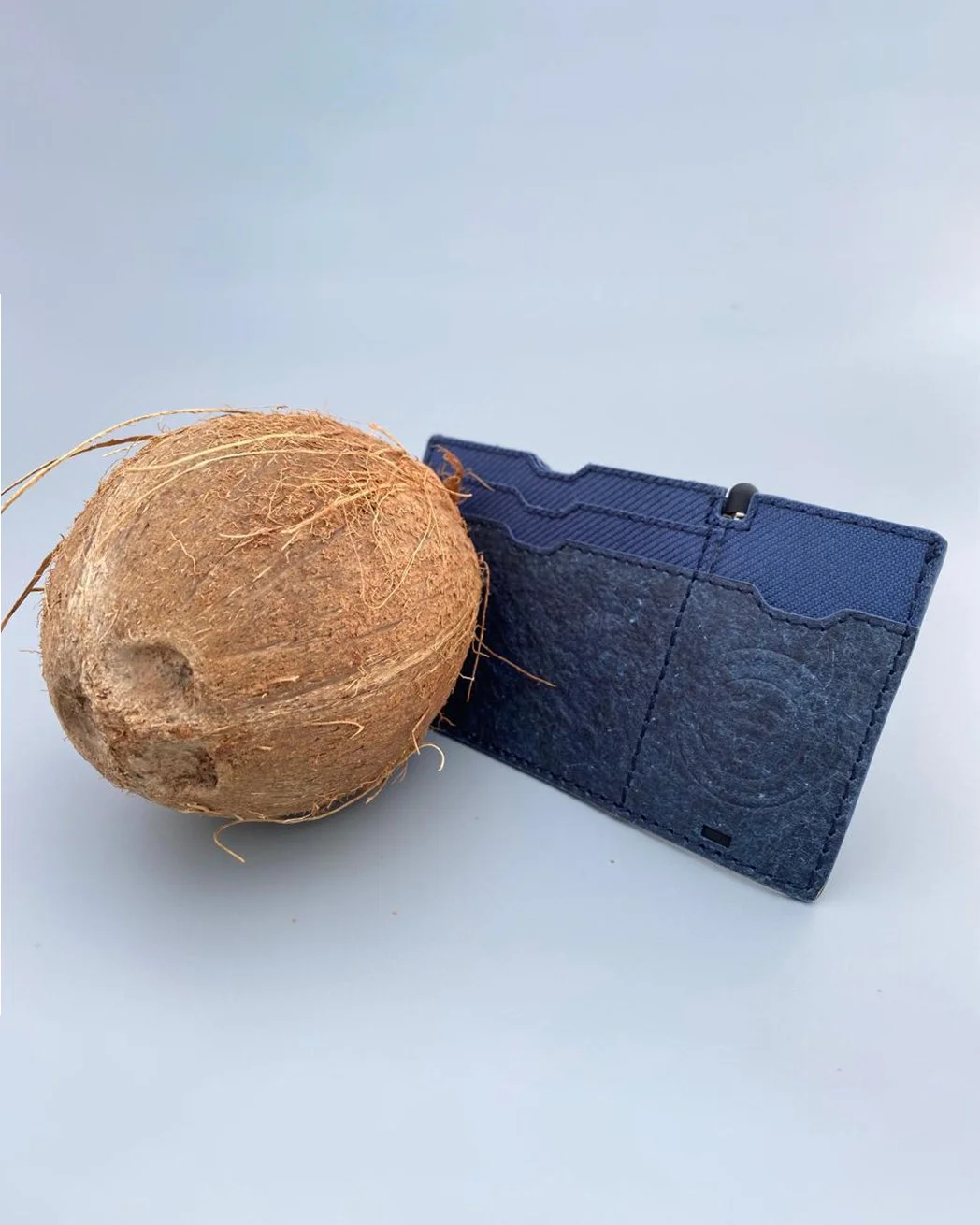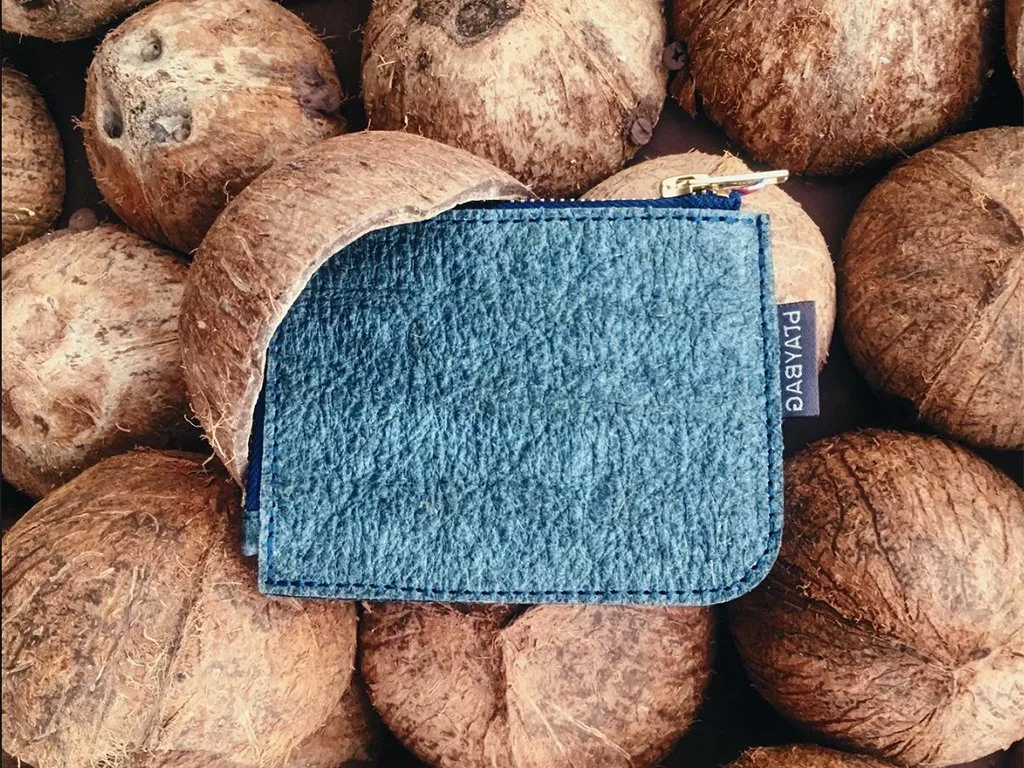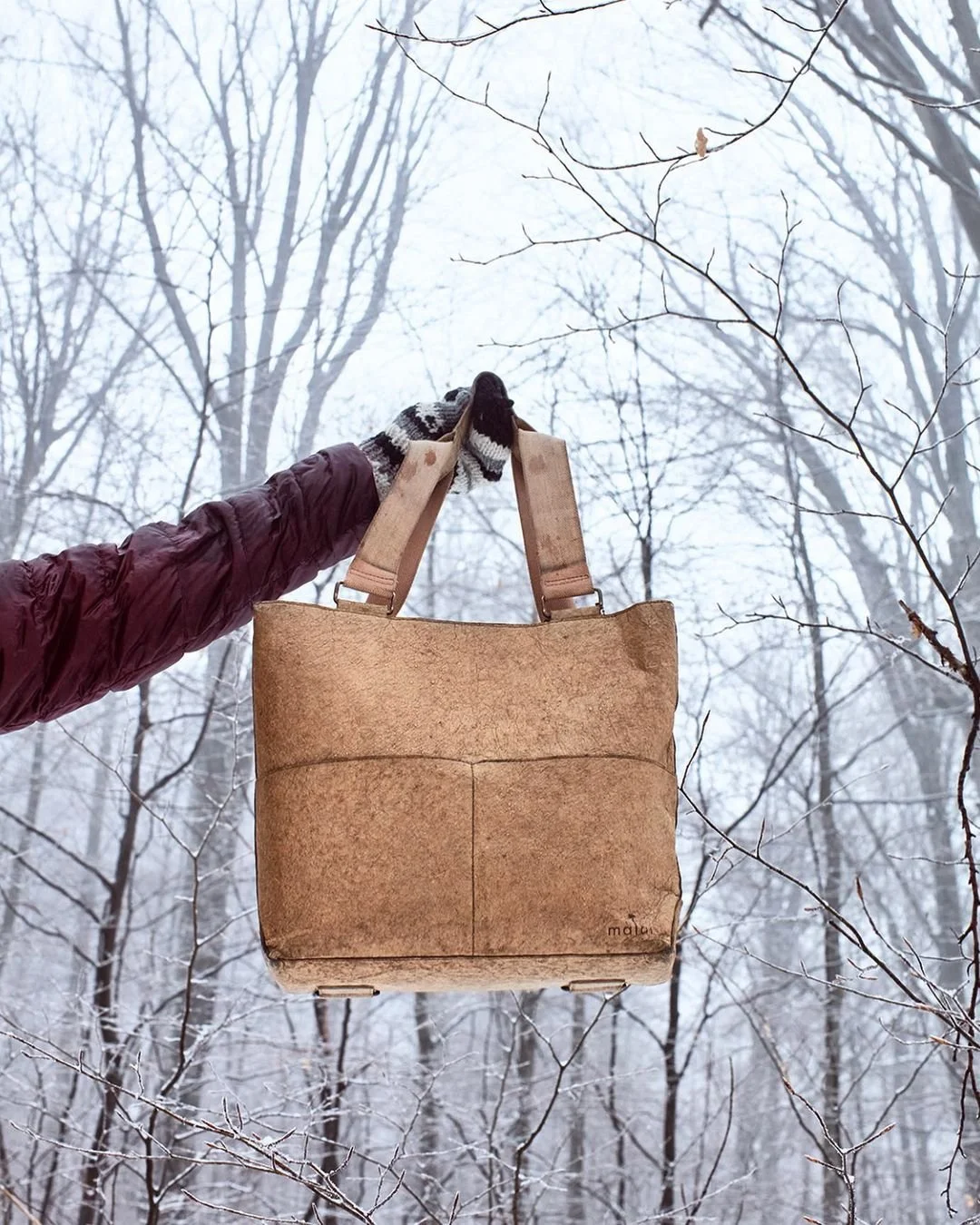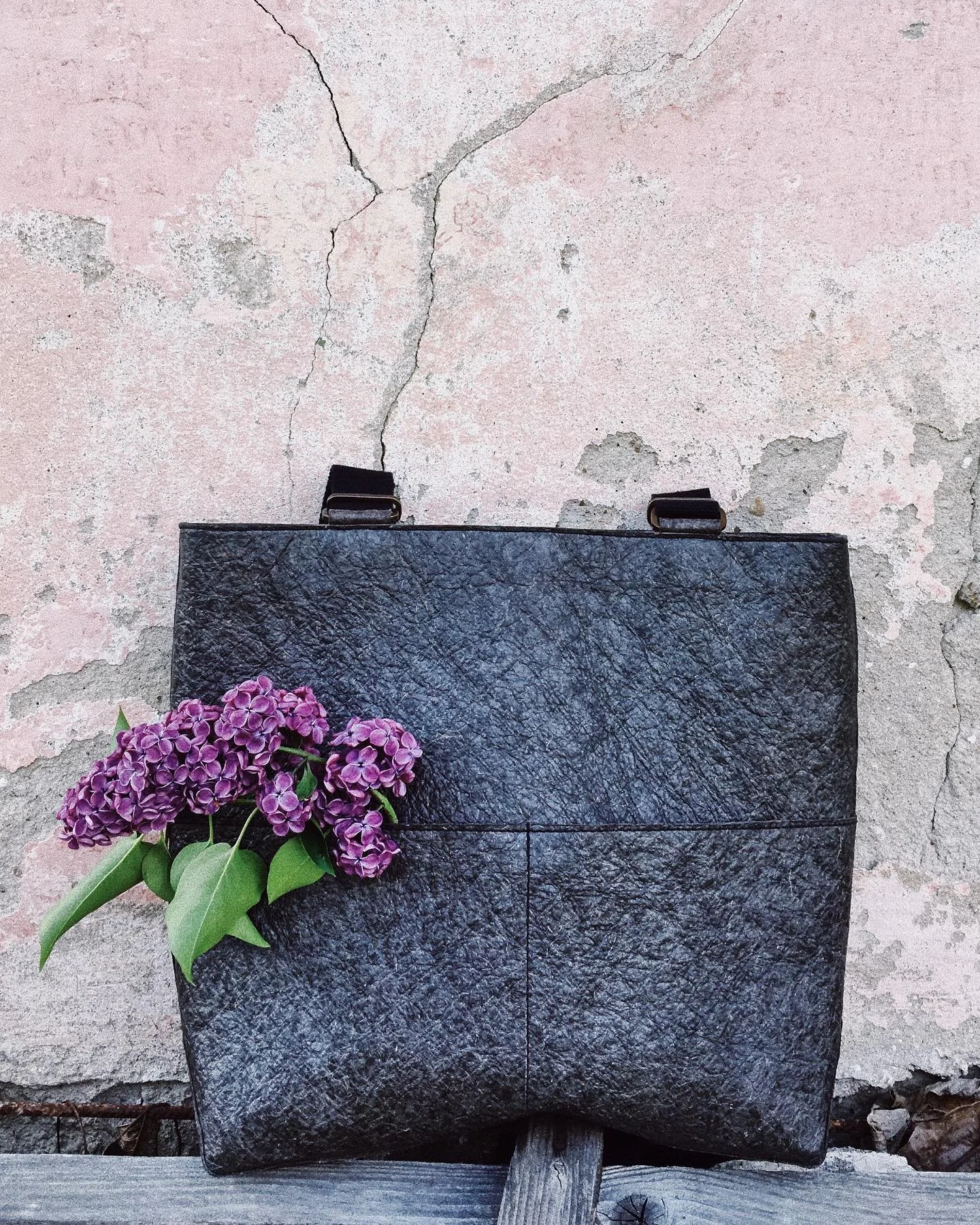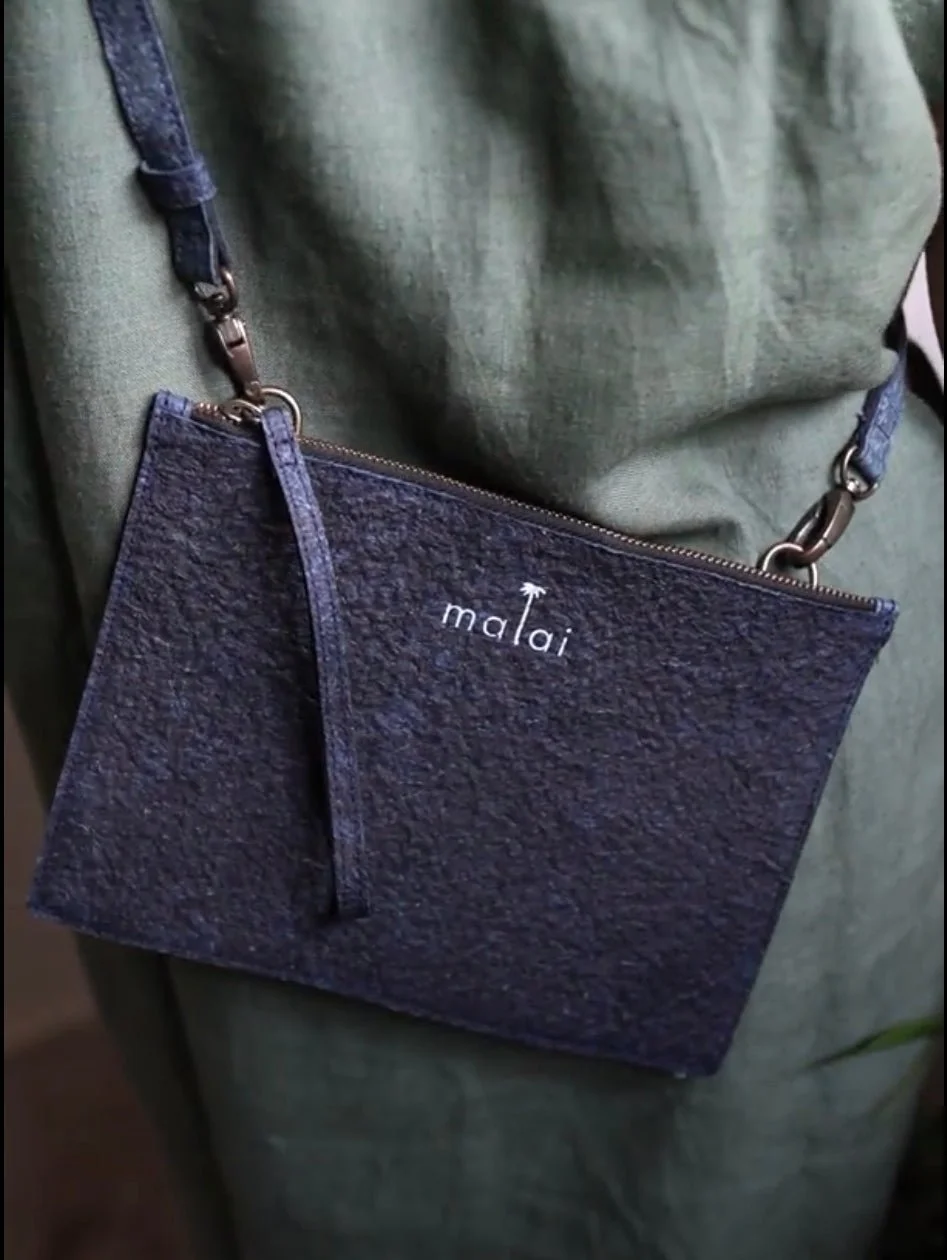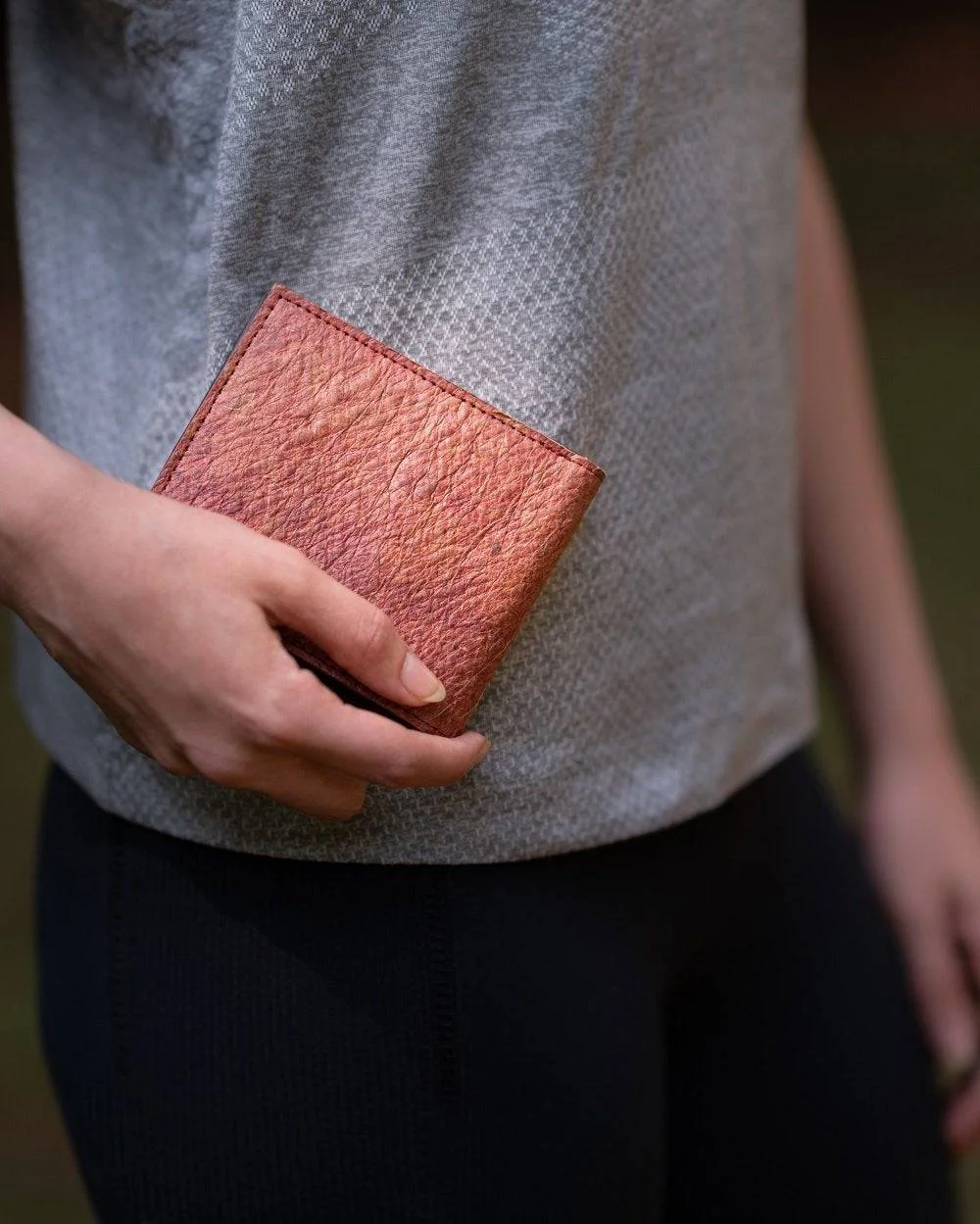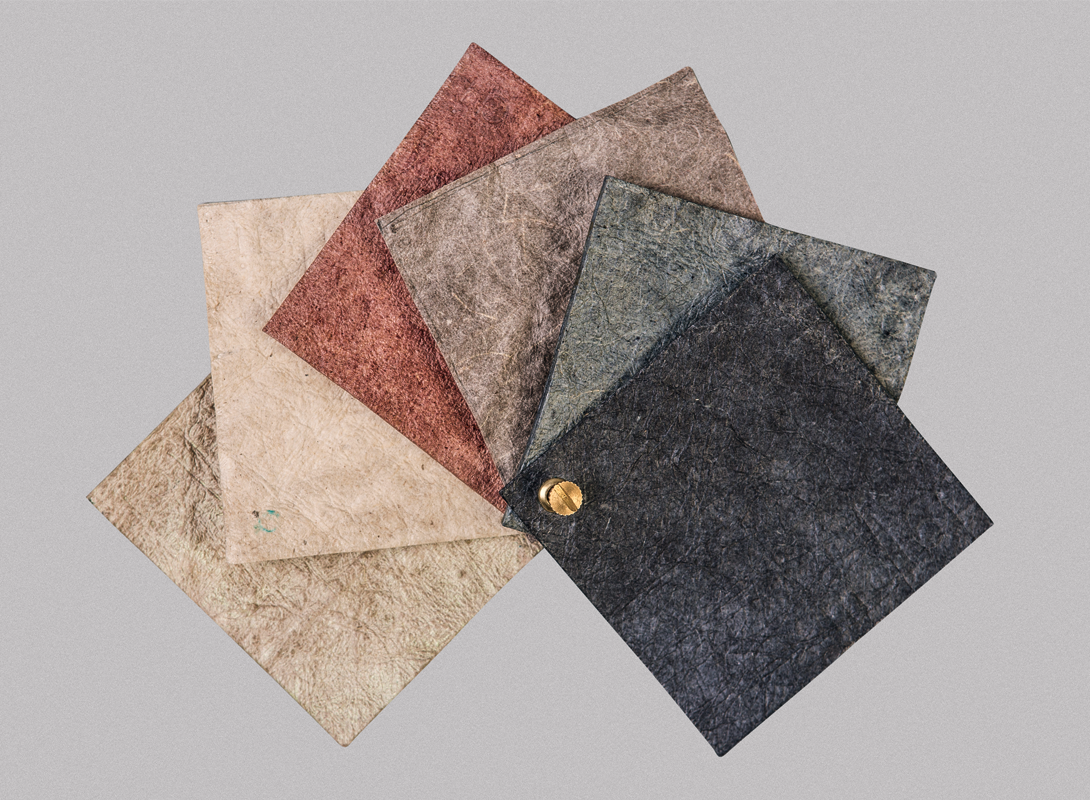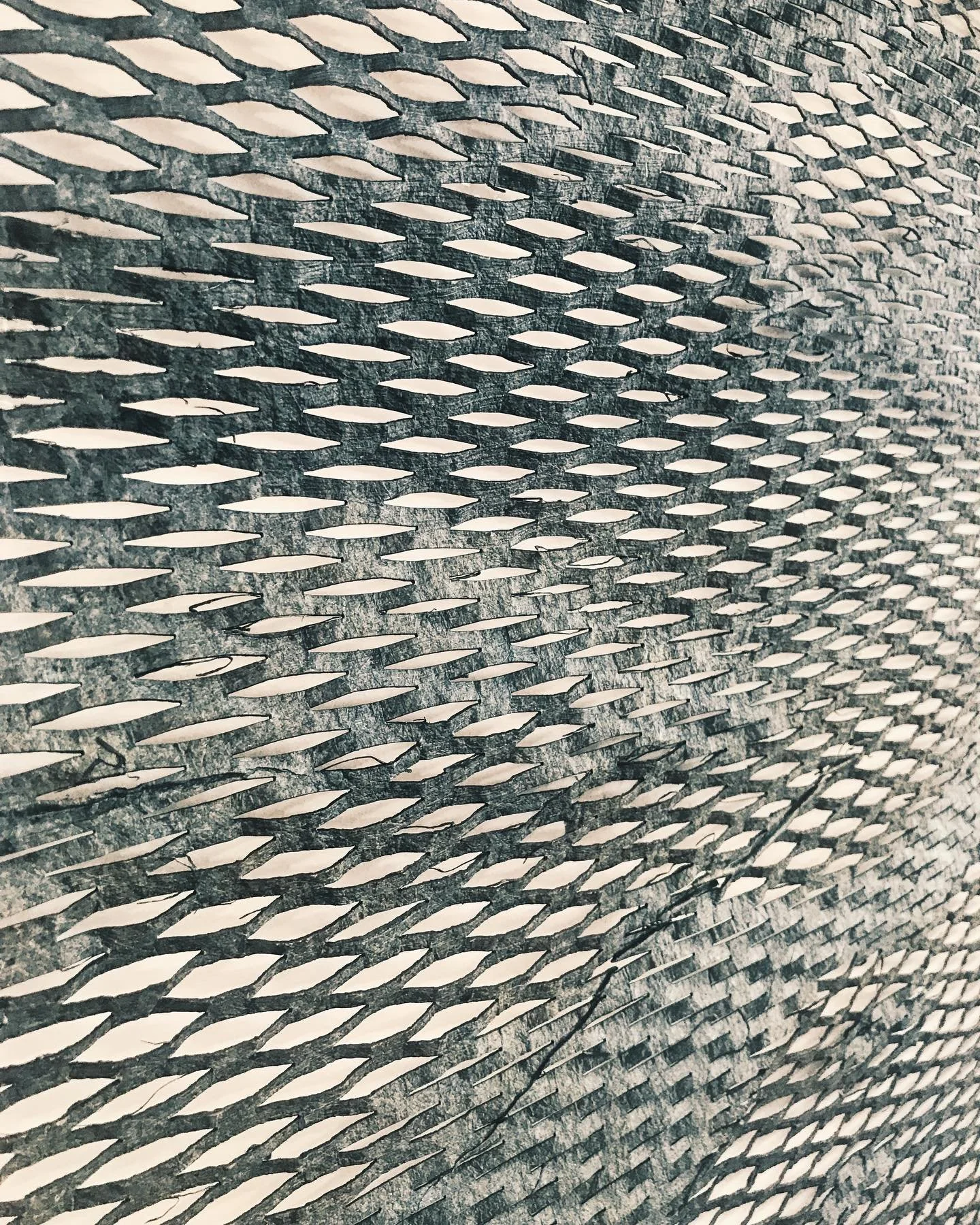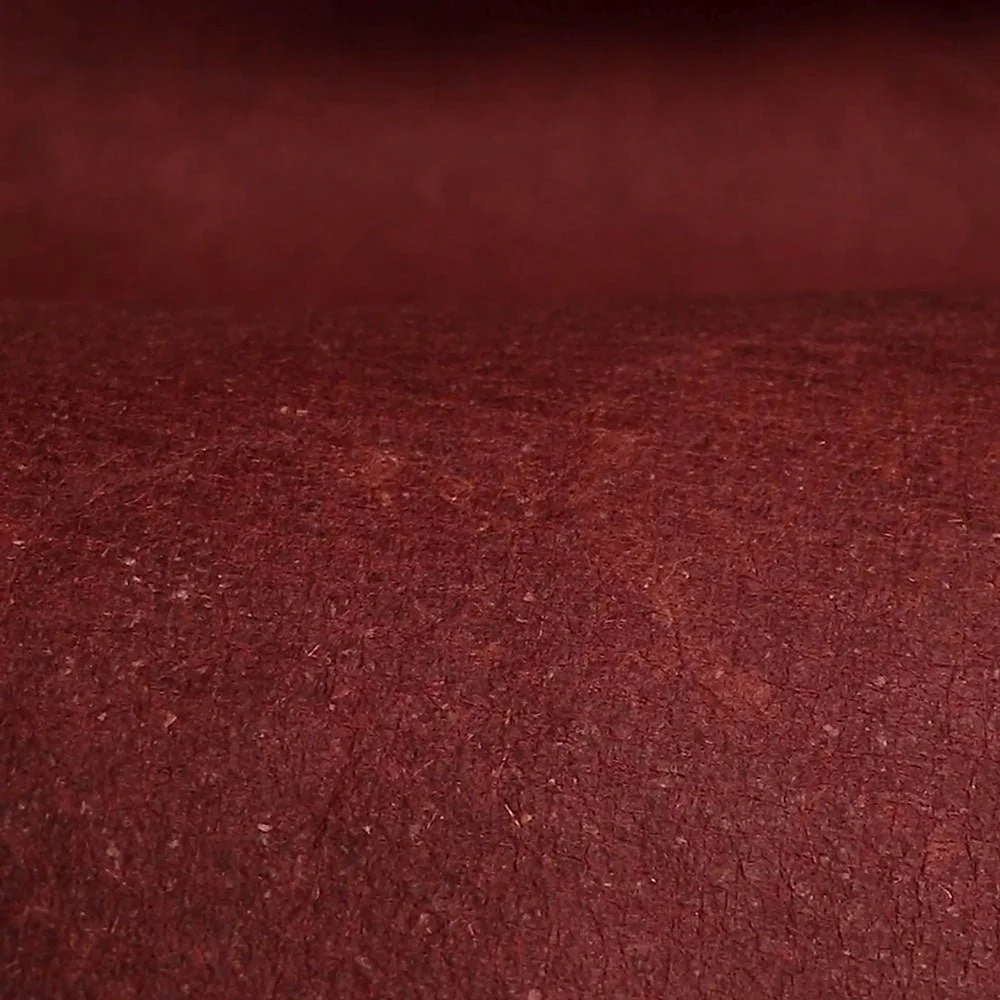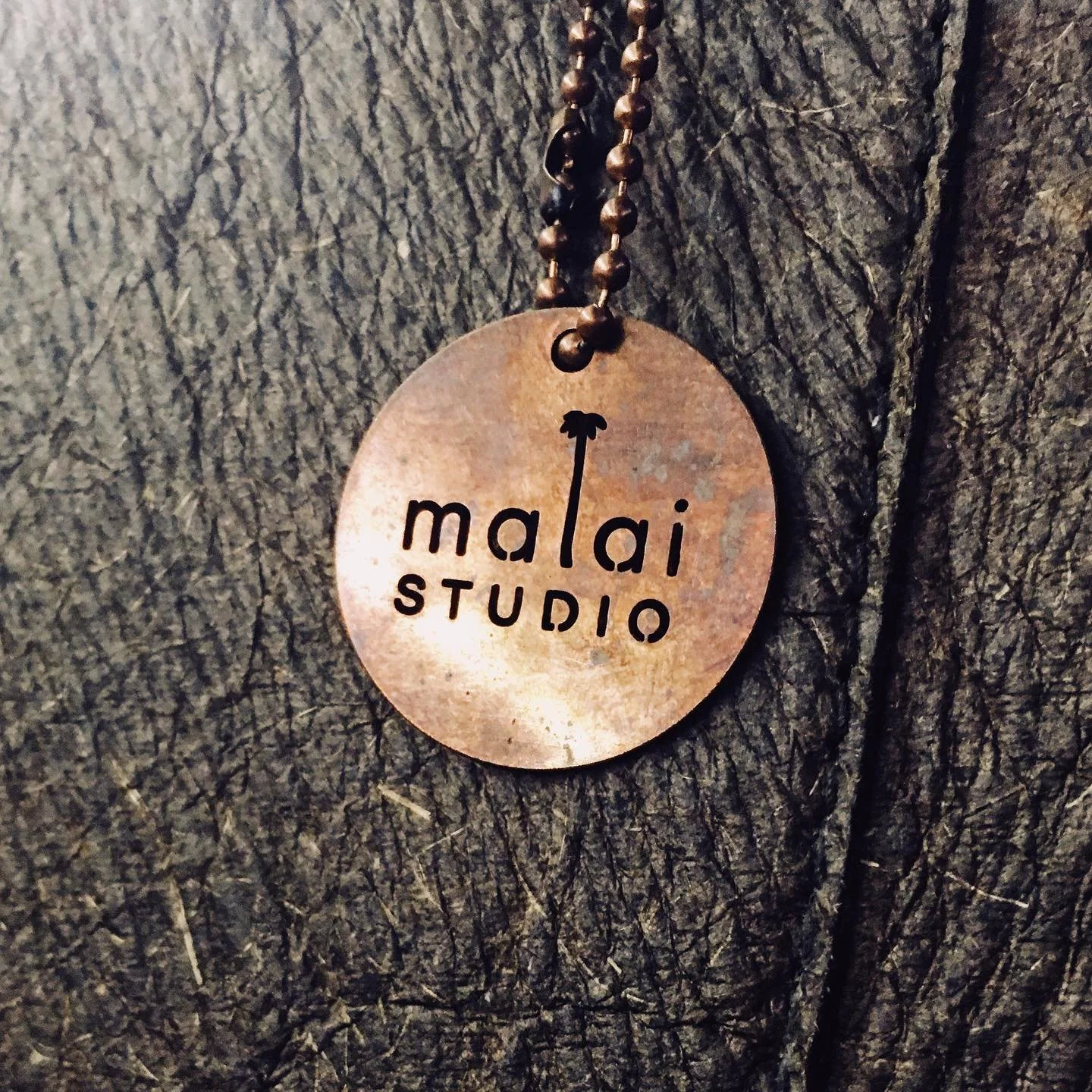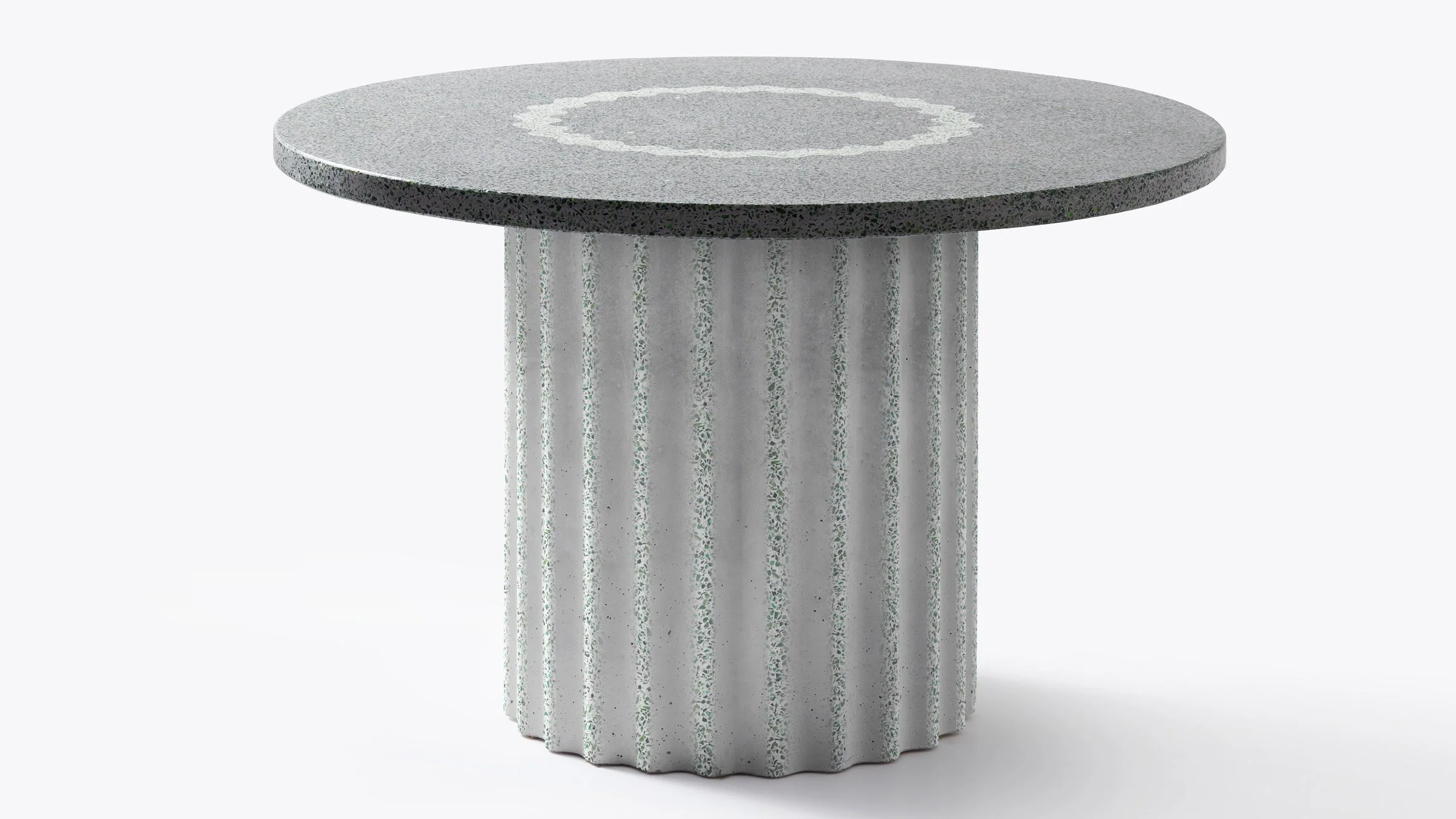 Image 1 of 12
Image 1 of 12

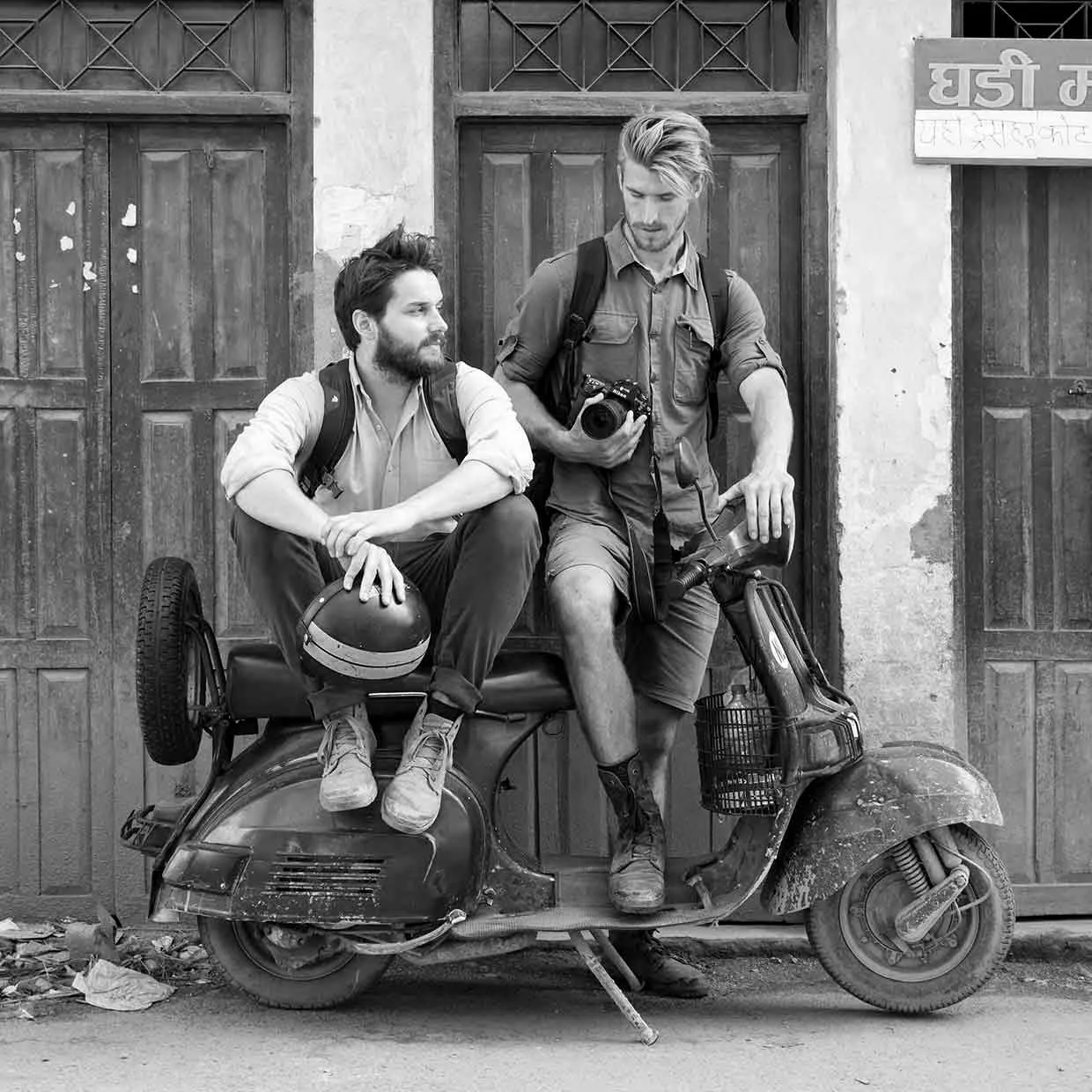 Image 2 of 12
Image 2 of 12

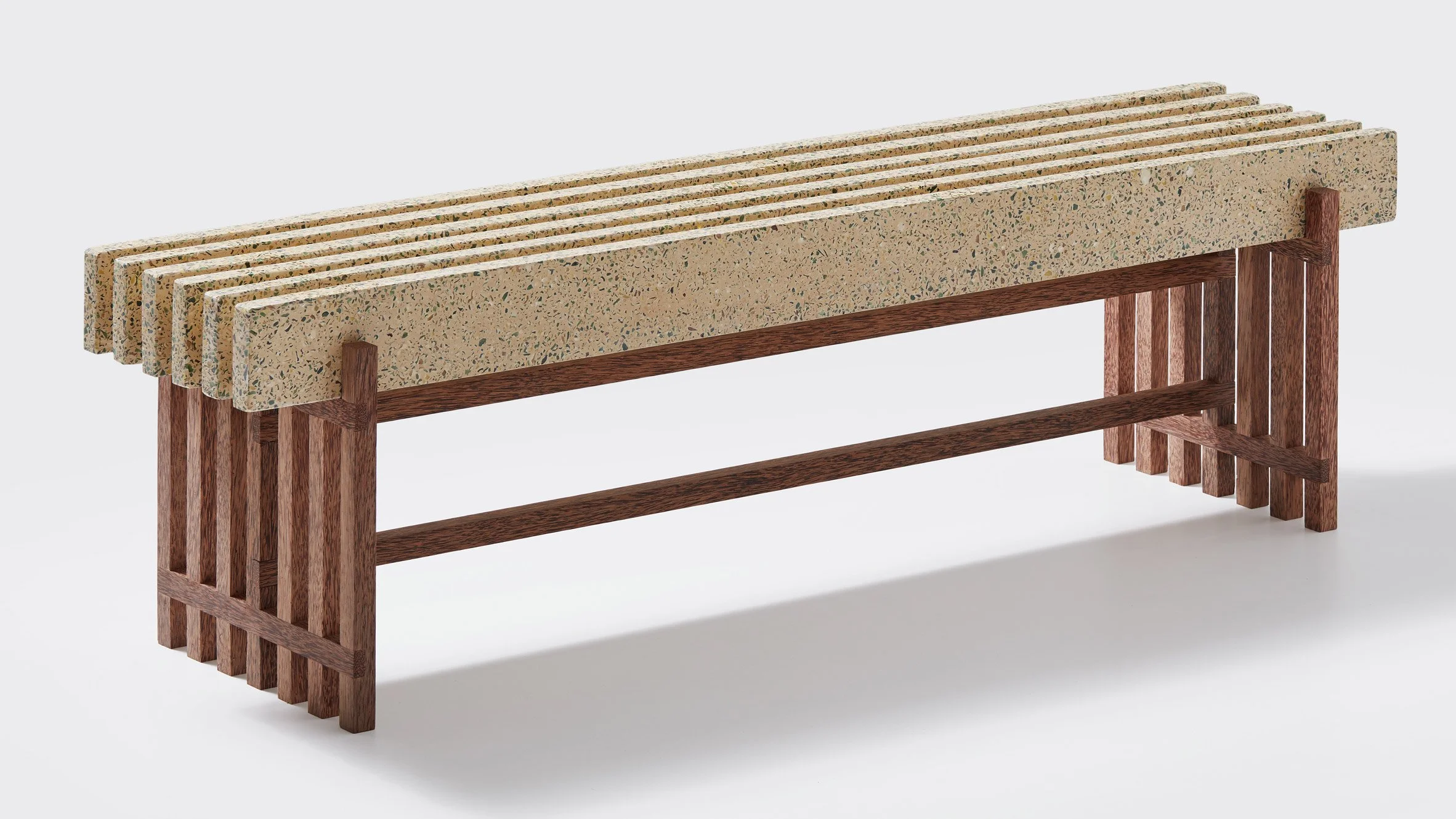 Image 3 of 12
Image 3 of 12

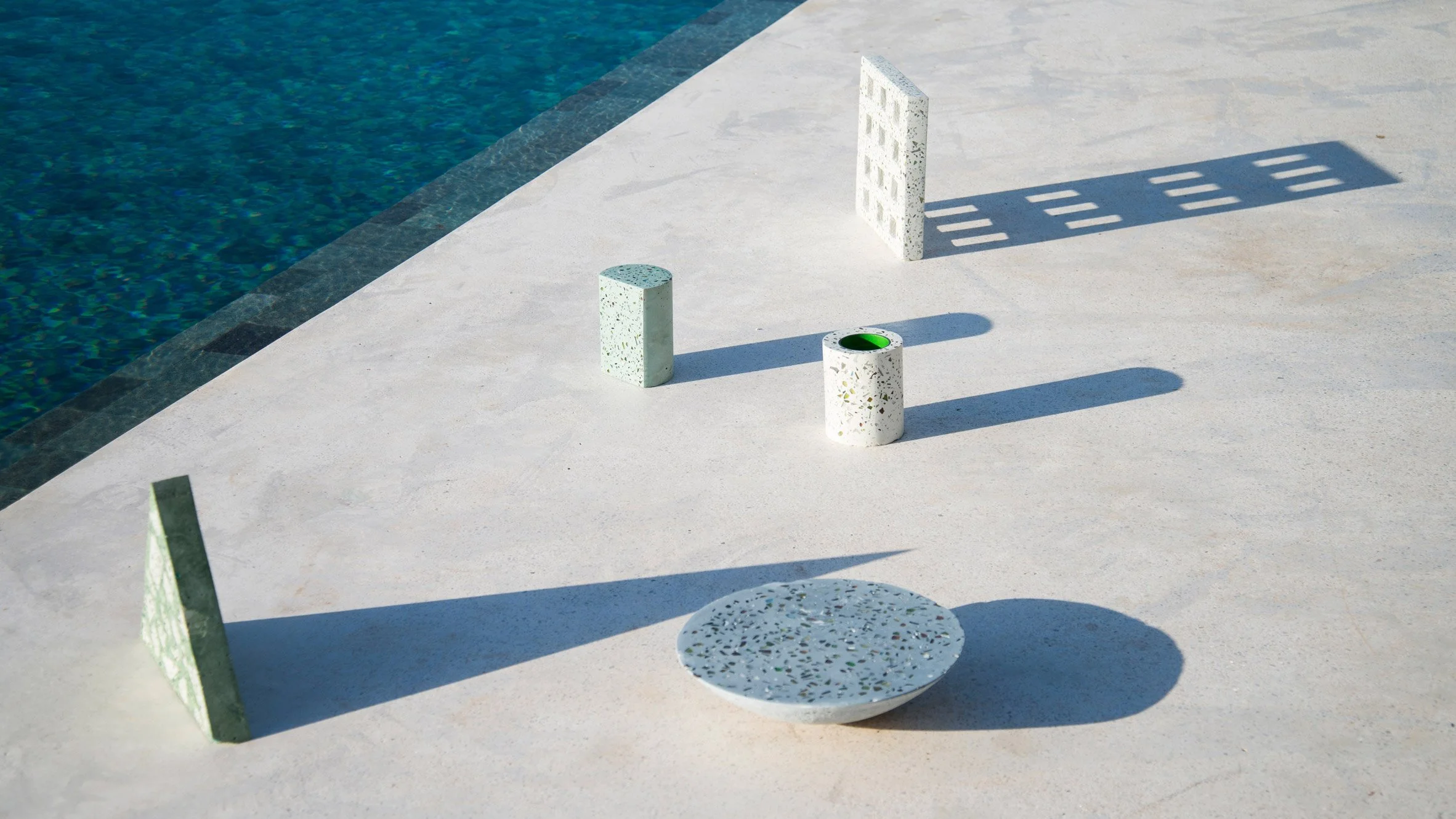 Image 4 of 12
Image 4 of 12

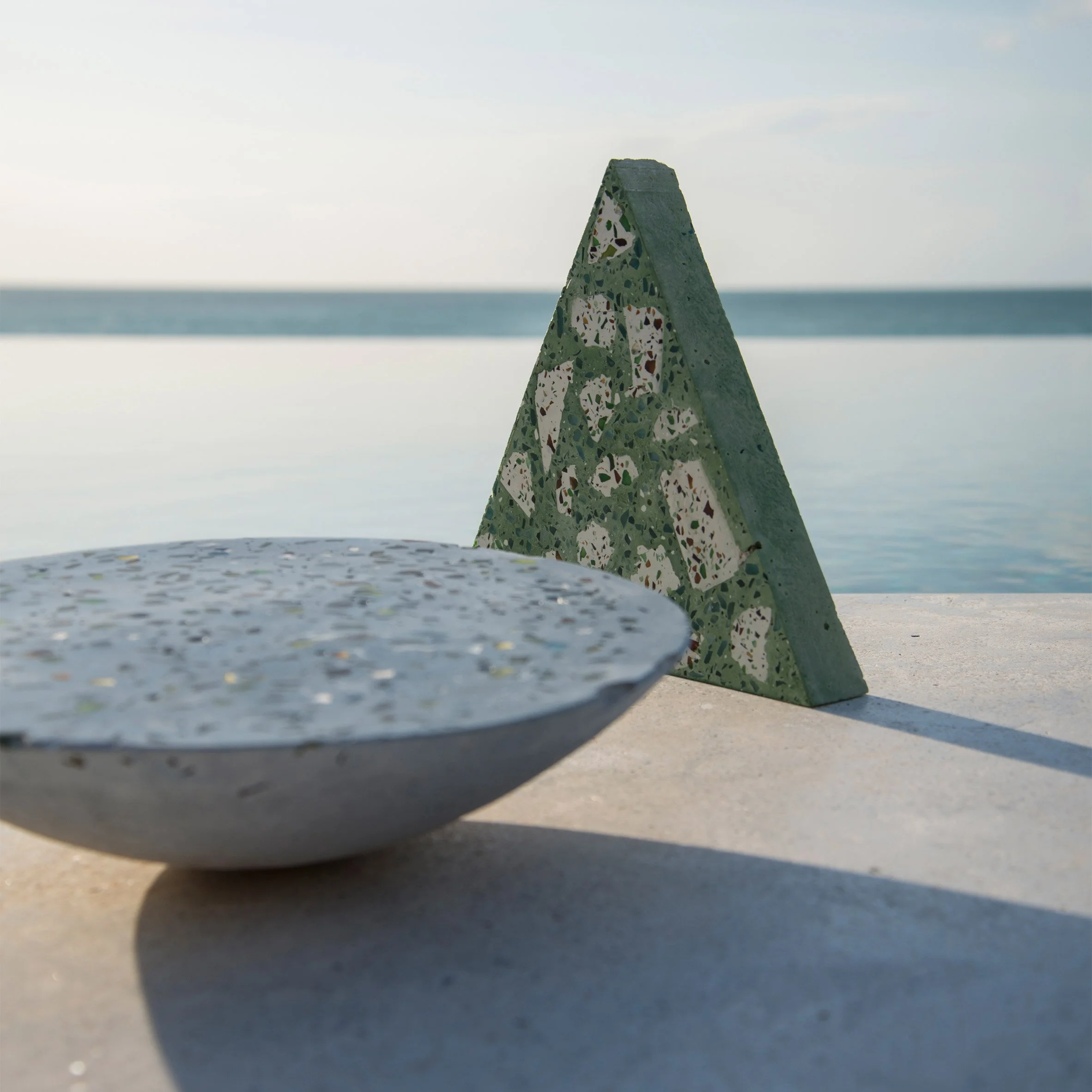 Image 5 of 12
Image 5 of 12

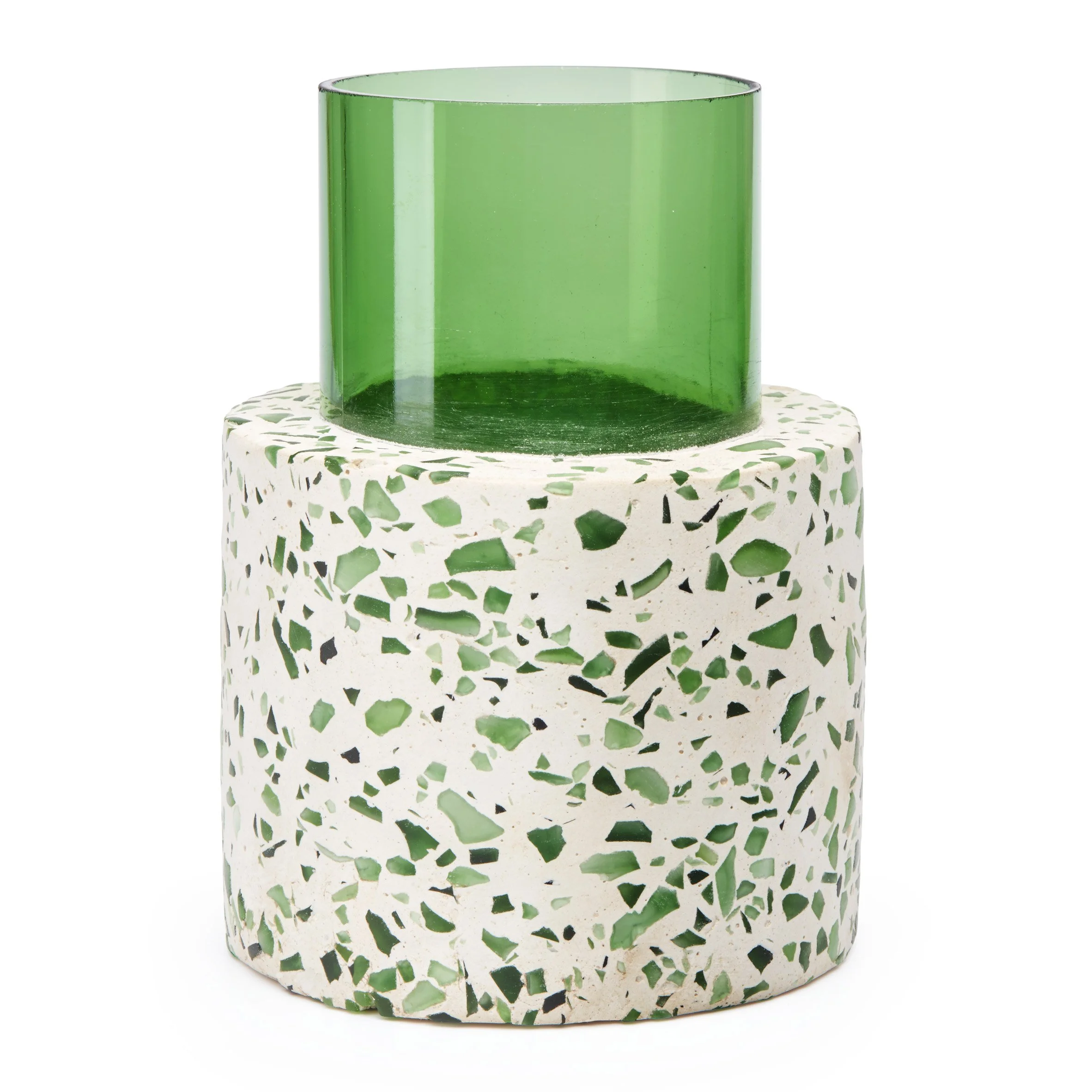 Image 6 of 12
Image 6 of 12

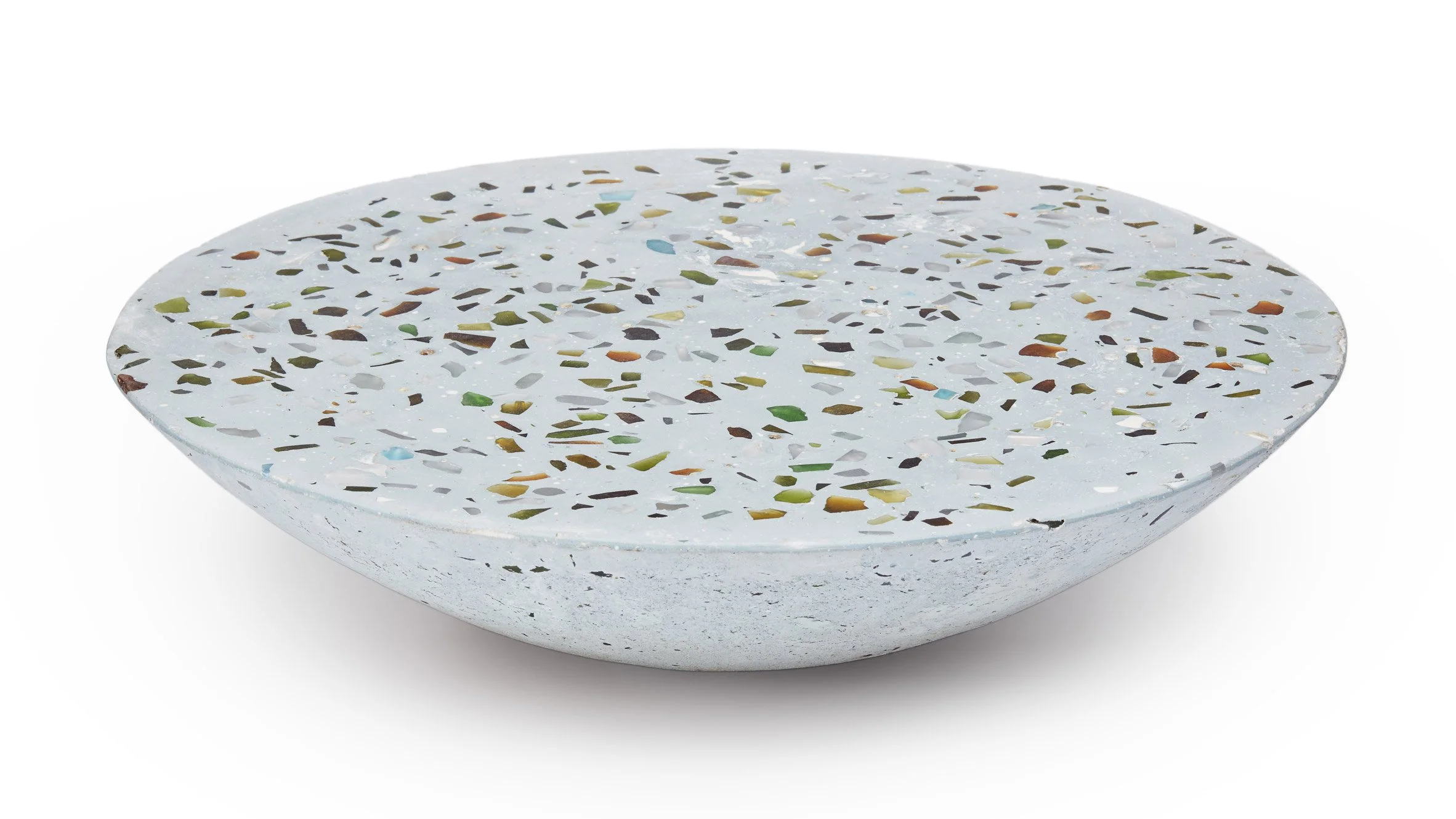 Image 7 of 12
Image 7 of 12

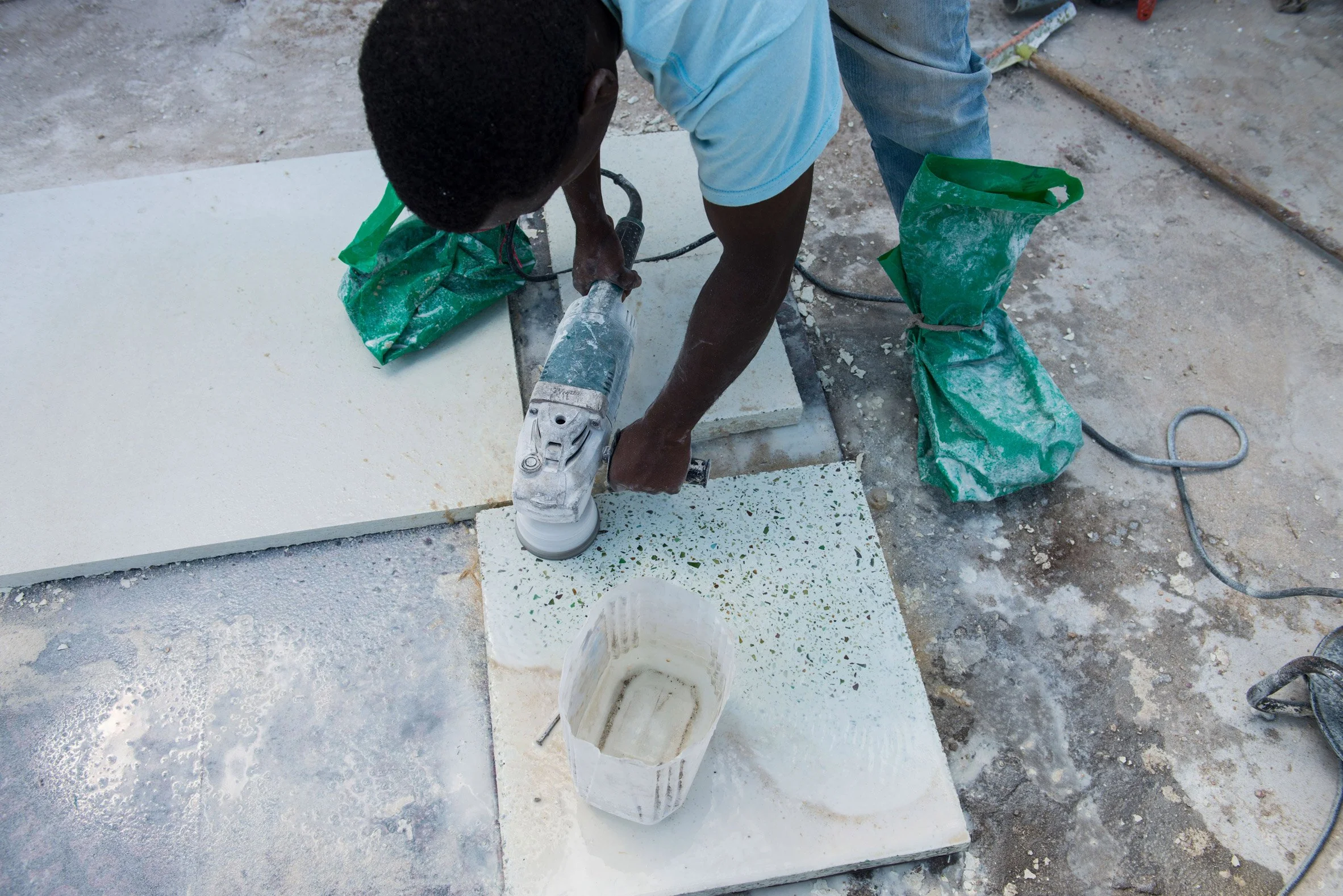 Image 8 of 12
Image 8 of 12

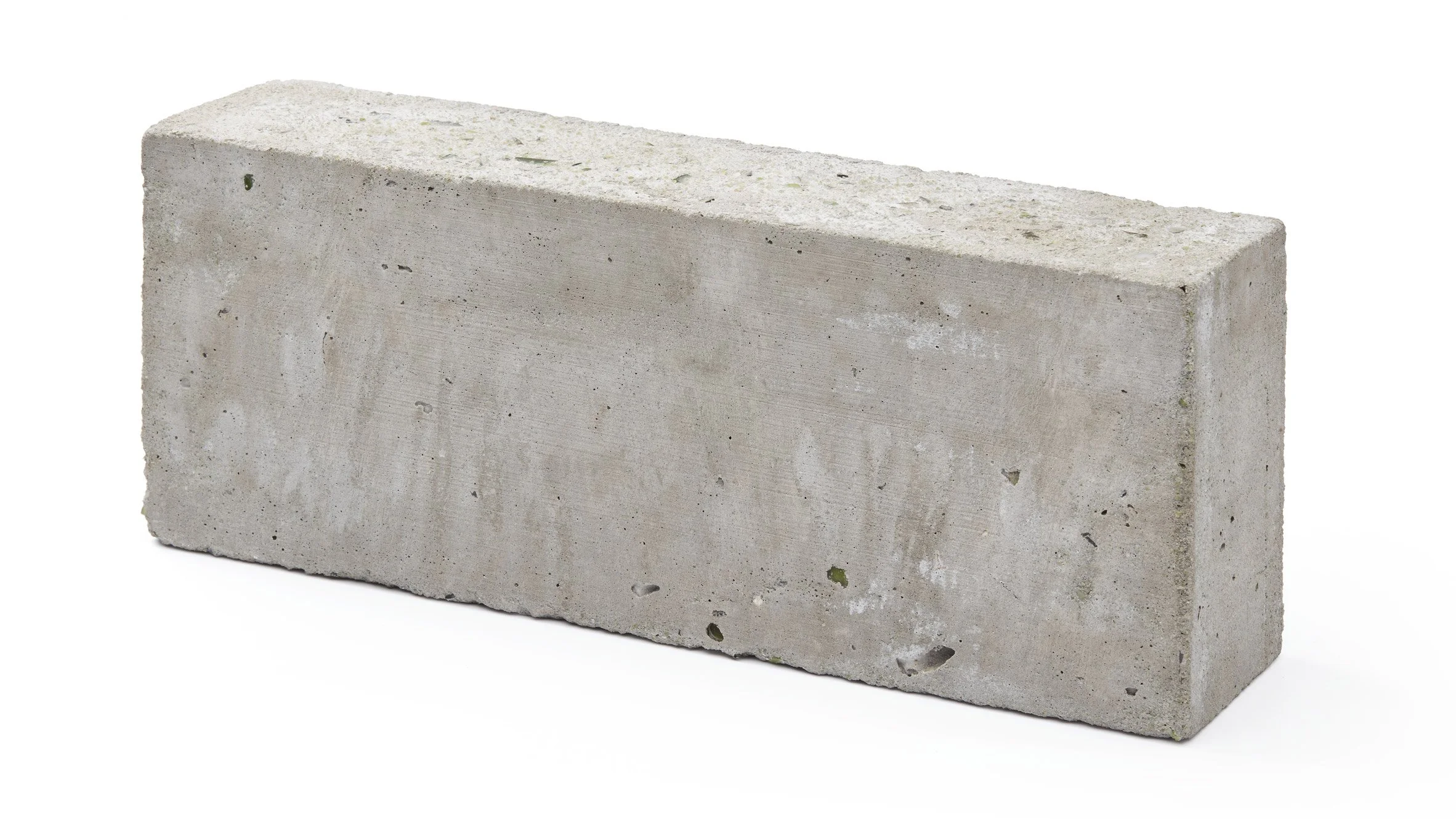 Image 9 of 12
Image 9 of 12

 Image 10 of 12
Image 10 of 12

 Image 11 of 12
Image 11 of 12

 Image 12 of 12
Image 12 of 12













Super Local co-create sustainable products and services
Super Local is a design studio founded by Pim van Baarsen and Luc van Hoeckel in 2012. The studio was established with the mission to create sustainable products and services that improve lives and build stronger communities, particularly for the 90% of the world's population often overlooked by traditional design. Super Local's current mission focuses on co-creating sustainable solutions through a unique blend of local knowledge, resources, and innovative design methods. Core values include sustainability, social equity, and human dignity, with a purpose to redefine the relationship between design, communities, and the environment.
Location
Headquarters: Netherlands.
Primary manufacturing/operations locations: Various global locations based on project requirements, including Nepal, Rwanda, and Zanzibar.
The Circular Vision
Core circular economy principles: Designing out waste, using local and recycled materials, and creating products that promote sustainable practices and community empowerment.
Key innovations: Development of projects like "From the Himalayas," which transforms waste from Mount Everest into valuable products, and the "Care Collection," which creates affordable hospital equipment from locally available materials.
Prioritization of local sourcing and closed-loop supply chains: Strong emphasis on using locally sourced materials and production methods to minimize environmental impact and support local economies.
Pioneering Solutions
Flagship projects: "From the Himalayas" (recycling waste from Mount Everest), "Care Collection" (affordable hospital equipment), and "Bottle Up" (upcycling glass bottles in Zanzibar).
Unique value propositions: High-quality, innovative design solutions that prioritize circularity, material reuse, and social impact. Super Local's work is known for its ability to create sustainable products that address local challenges while promoting community development.
The Regenerative Future
R&D focus areas: Advancing upcycling techniques, exploring new applications for waste materials, and developing solutions that further reduce waste and energy consumption while empowering local communities.
Ambitious goals: To lead the design industry in sustainable and socially responsible practices, create zero-waste products and services, and inspire a shift towards a regenerative approach to design and community development.
Fact Sheet
Commercial Availability: Design services and products available through direct collaborations, exhibitions, and select retailers.
Circularity Rating: 5/5 (Strong focus on circular economy principles and waste reduction).
Key Certifications: Information not available, but recognized with Dutch Design Awards.
Cost Rating: 4/5 (Focus on creating affordable solutions for underserved communities).
Material Passport: Detailed material traceability and use of locally sourced, recycled, and upcycled materials.
Designed for Disassembly: Information not explicitly provided, but emphasis on local production suggests potential for repair and adaptation.
Carbon Performance: Focus on reducing carbon footprint through the use of local materials and production. Committed to minimizing environmental impact through efficient design and manufacturing processes.
Key Takeaway
Super Local transforms the design industry through innovative, sustainable solutions that prioritize circular economy principles and social impact, setting a benchmark for environmental responsibility and community empowerment in contemporary design.
Explore Further
Super Local website: https://www.super-local.com
Example project: From the Himalayas
Super Local is a design studio founded by Pim van Baarsen and Luc van Hoeckel in 2012. The studio was established with the mission to create sustainable products and services that improve lives and build stronger communities, particularly for the 90% of the world's population often overlooked by traditional design. Super Local's current mission focuses on co-creating sustainable solutions through a unique blend of local knowledge, resources, and innovative design methods. Core values include sustainability, social equity, and human dignity, with a purpose to redefine the relationship between design, communities, and the environment.
Location
Headquarters: Netherlands.
Primary manufacturing/operations locations: Various global locations based on project requirements, including Nepal, Rwanda, and Zanzibar.
The Circular Vision
Core circular economy principles: Designing out waste, using local and recycled materials, and creating products that promote sustainable practices and community empowerment.
Key innovations: Development of projects like "From the Himalayas," which transforms waste from Mount Everest into valuable products, and the "Care Collection," which creates affordable hospital equipment from locally available materials.
Prioritization of local sourcing and closed-loop supply chains: Strong emphasis on using locally sourced materials and production methods to minimize environmental impact and support local economies.
Pioneering Solutions
Flagship projects: "From the Himalayas" (recycling waste from Mount Everest), "Care Collection" (affordable hospital equipment), and "Bottle Up" (upcycling glass bottles in Zanzibar).
Unique value propositions: High-quality, innovative design solutions that prioritize circularity, material reuse, and social impact. Super Local's work is known for its ability to create sustainable products that address local challenges while promoting community development.
The Regenerative Future
R&D focus areas: Advancing upcycling techniques, exploring new applications for waste materials, and developing solutions that further reduce waste and energy consumption while empowering local communities.
Ambitious goals: To lead the design industry in sustainable and socially responsible practices, create zero-waste products and services, and inspire a shift towards a regenerative approach to design and community development.
Fact Sheet
Commercial Availability: Design services and products available through direct collaborations, exhibitions, and select retailers.
Circularity Rating: 5/5 (Strong focus on circular economy principles and waste reduction).
Key Certifications: Information not available, but recognized with Dutch Design Awards.
Cost Rating: 4/5 (Focus on creating affordable solutions for underserved communities).
Material Passport: Detailed material traceability and use of locally sourced, recycled, and upcycled materials.
Designed for Disassembly: Information not explicitly provided, but emphasis on local production suggests potential for repair and adaptation.
Carbon Performance: Focus on reducing carbon footprint through the use of local materials and production. Committed to minimizing environmental impact through efficient design and manufacturing processes.
Key Takeaway
Super Local transforms the design industry through innovative, sustainable solutions that prioritize circular economy principles and social impact, setting a benchmark for environmental responsibility and community empowerment in contemporary design.
Explore Further
Super Local website: https://www.super-local.com
Example project: From the Himalayas

